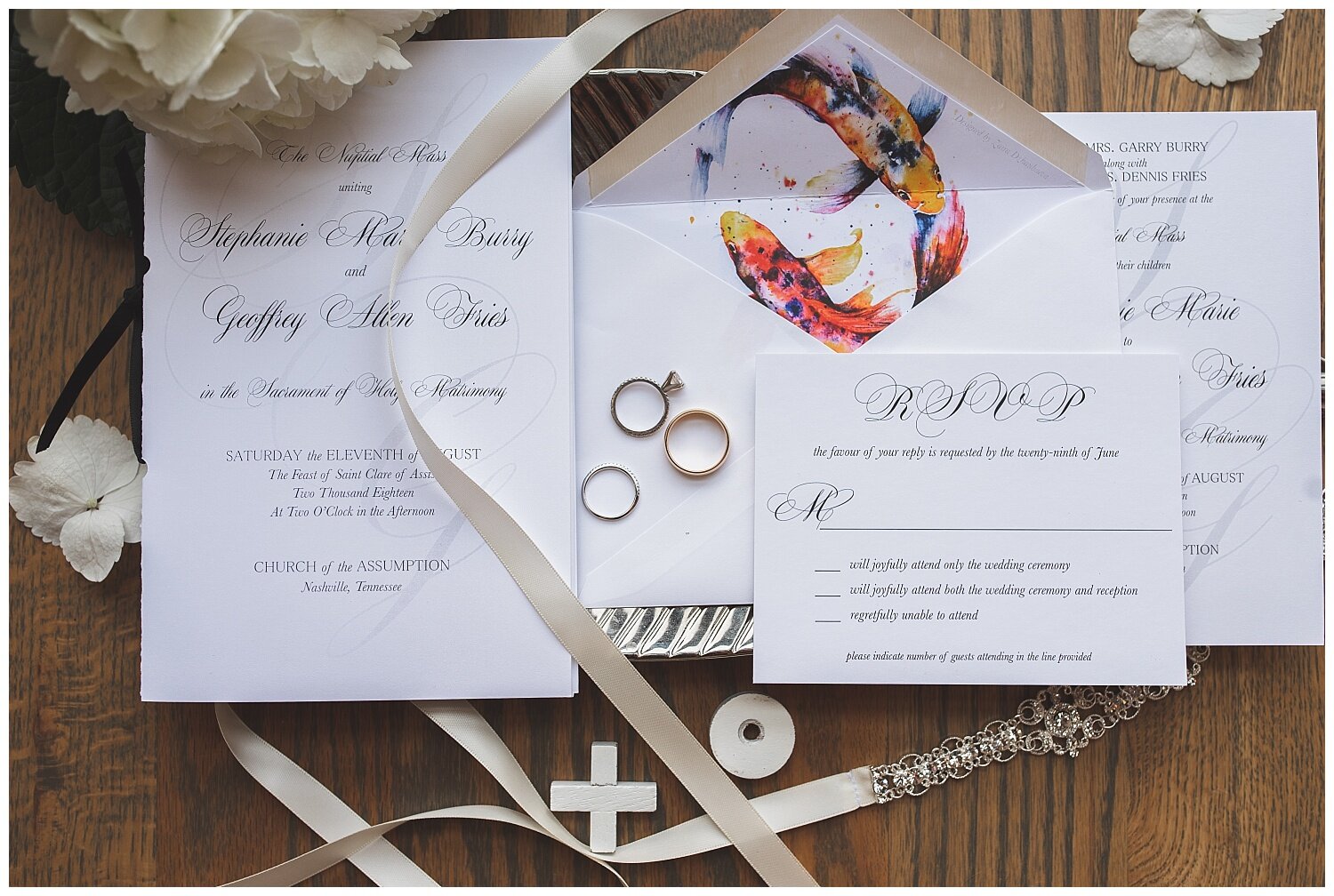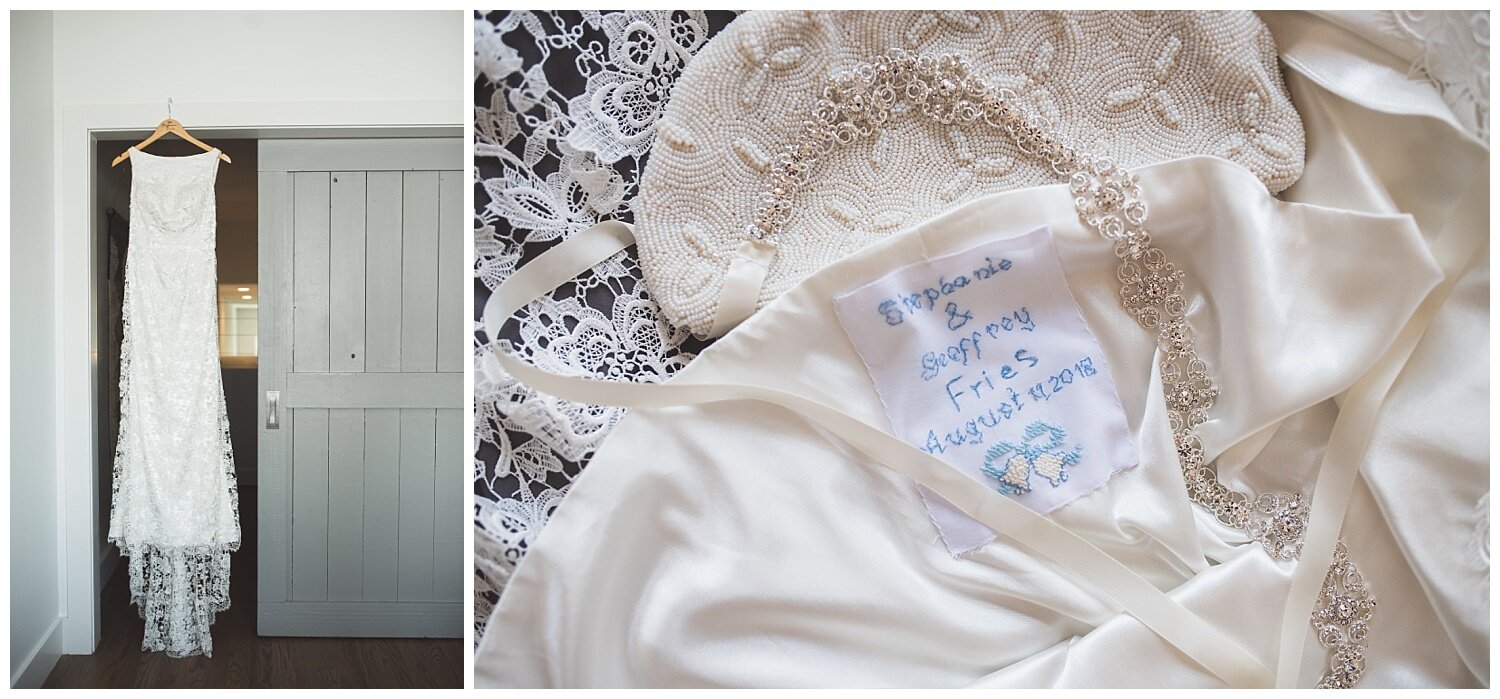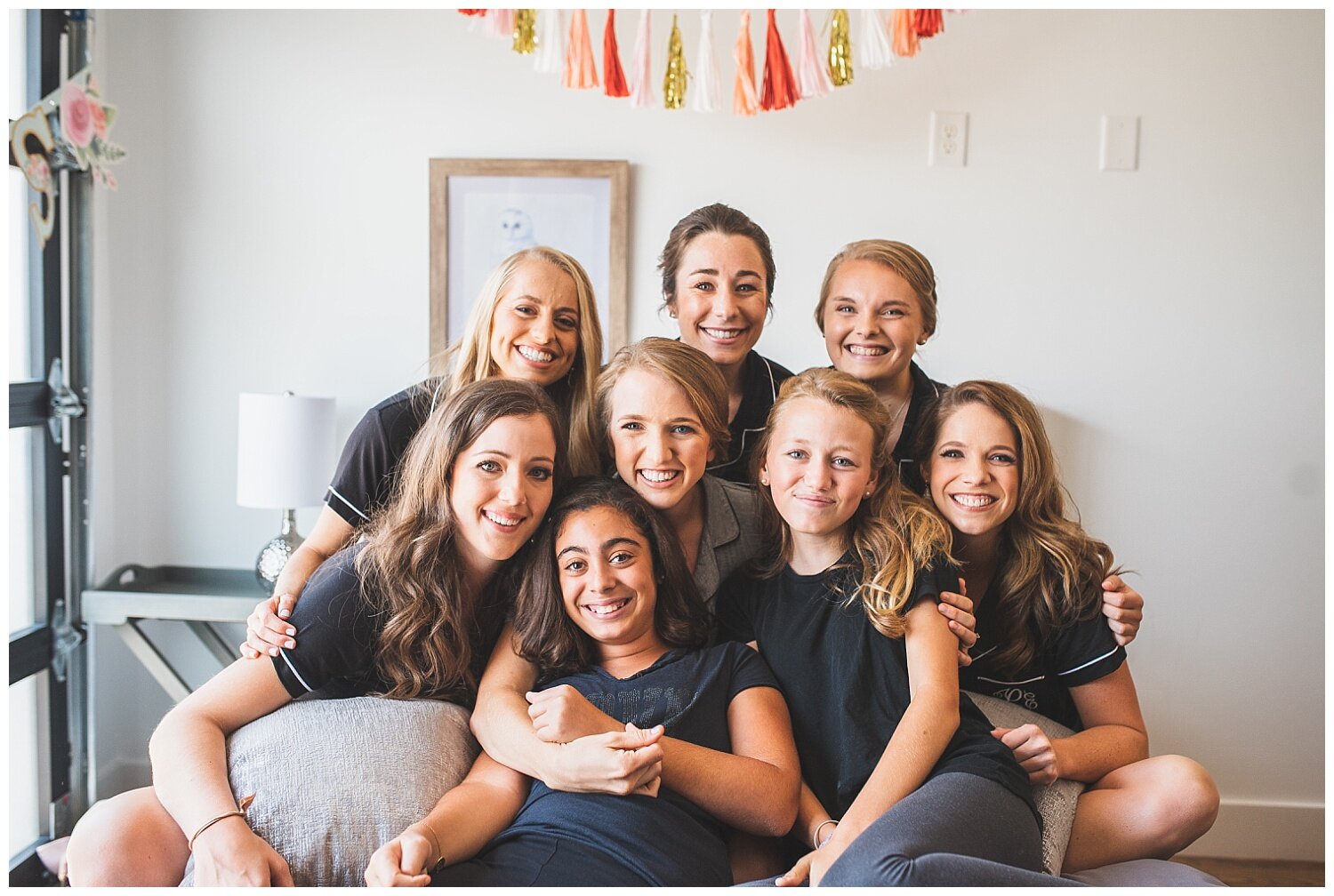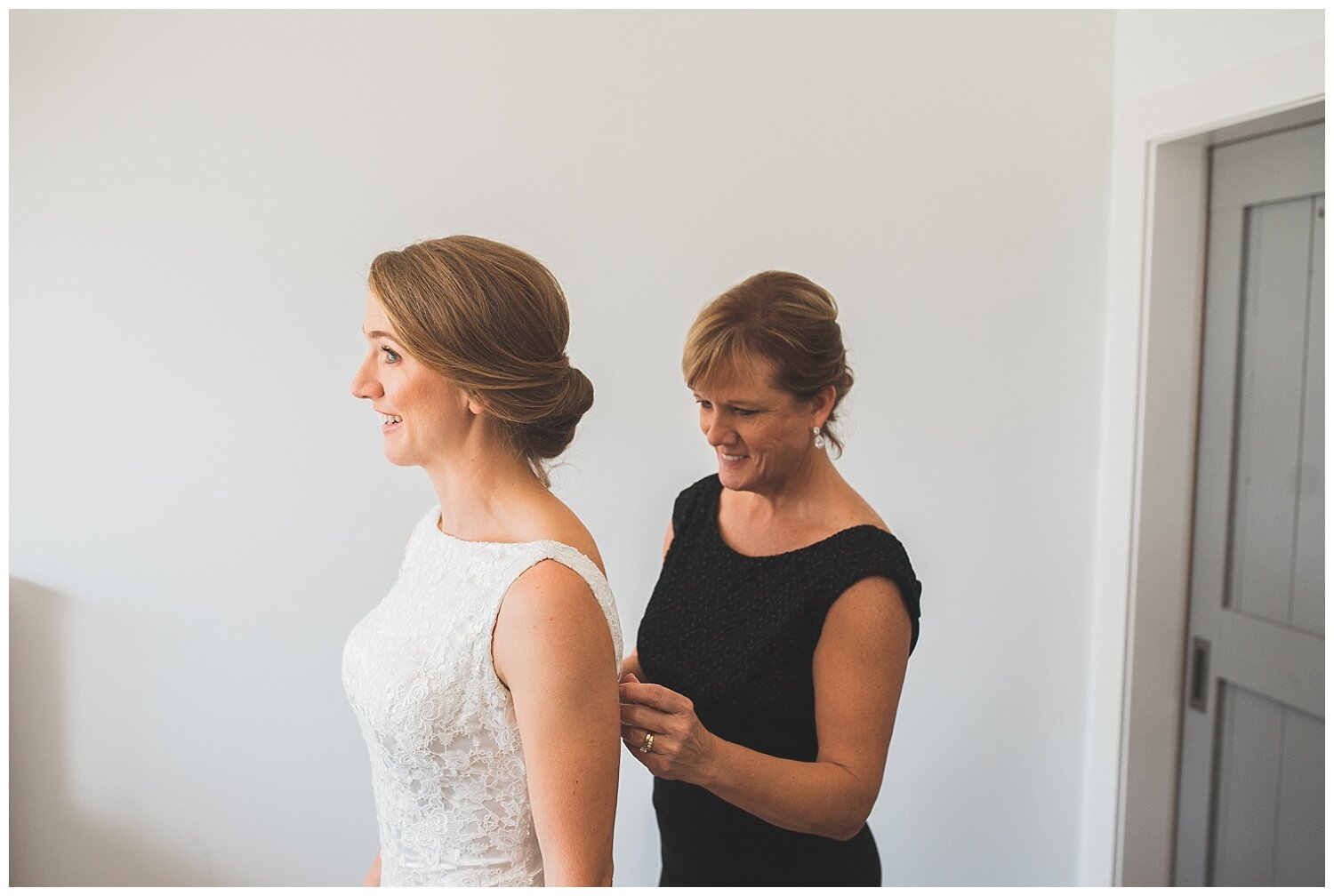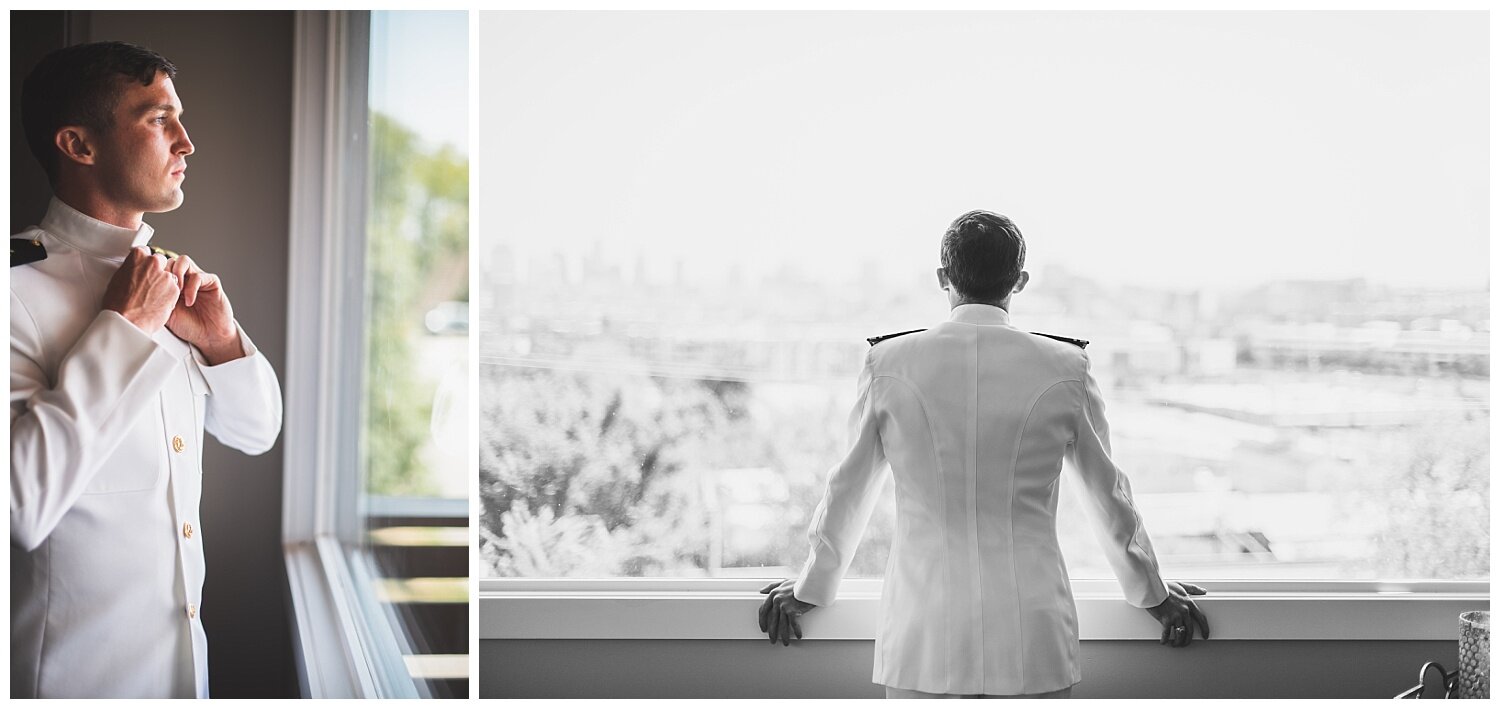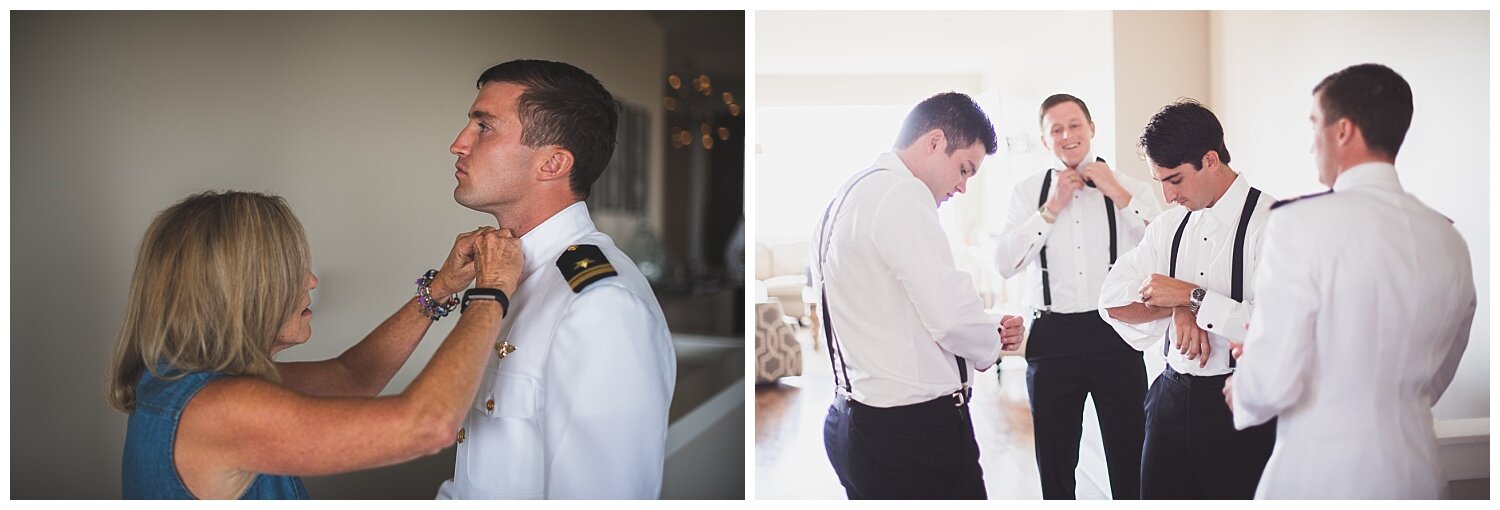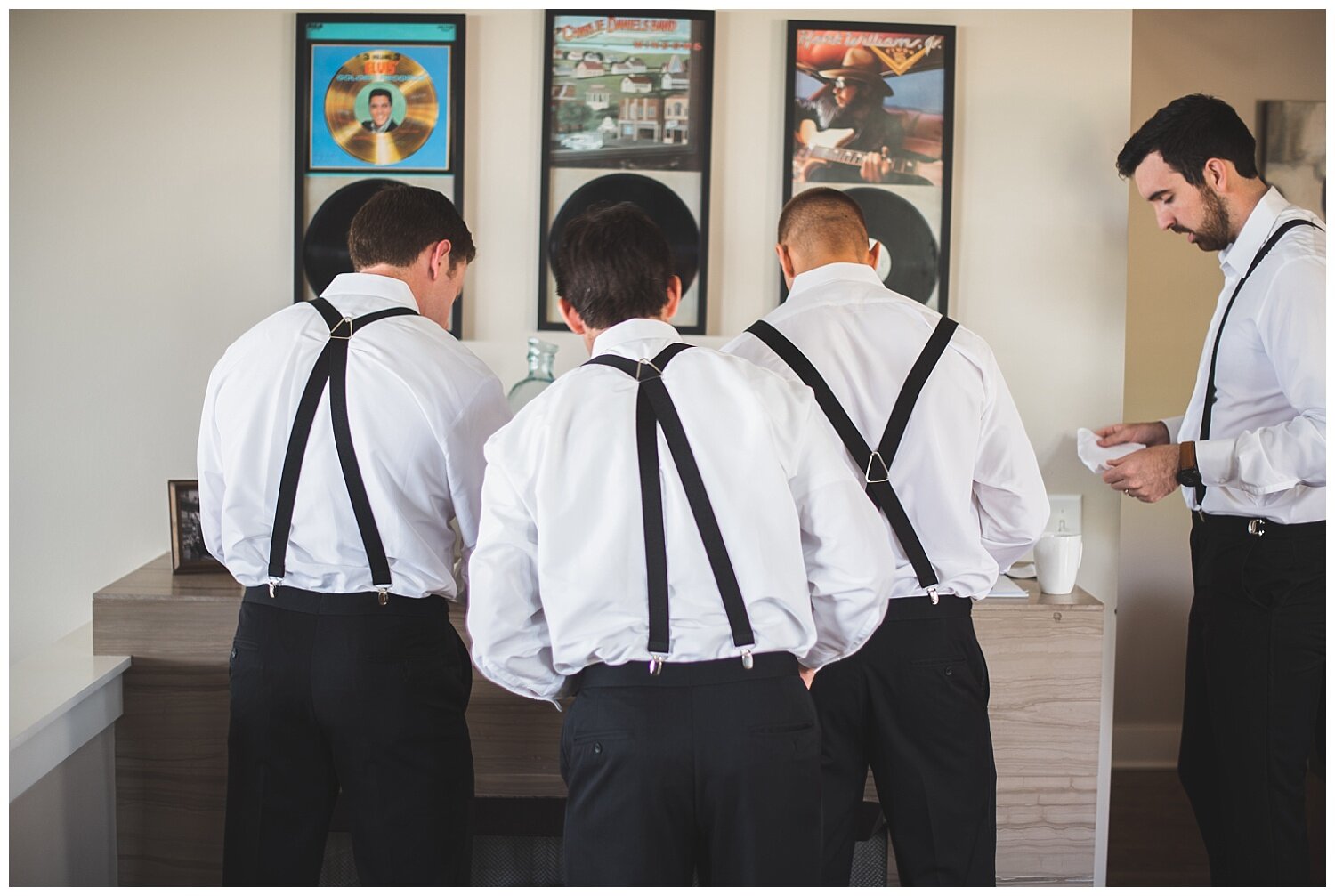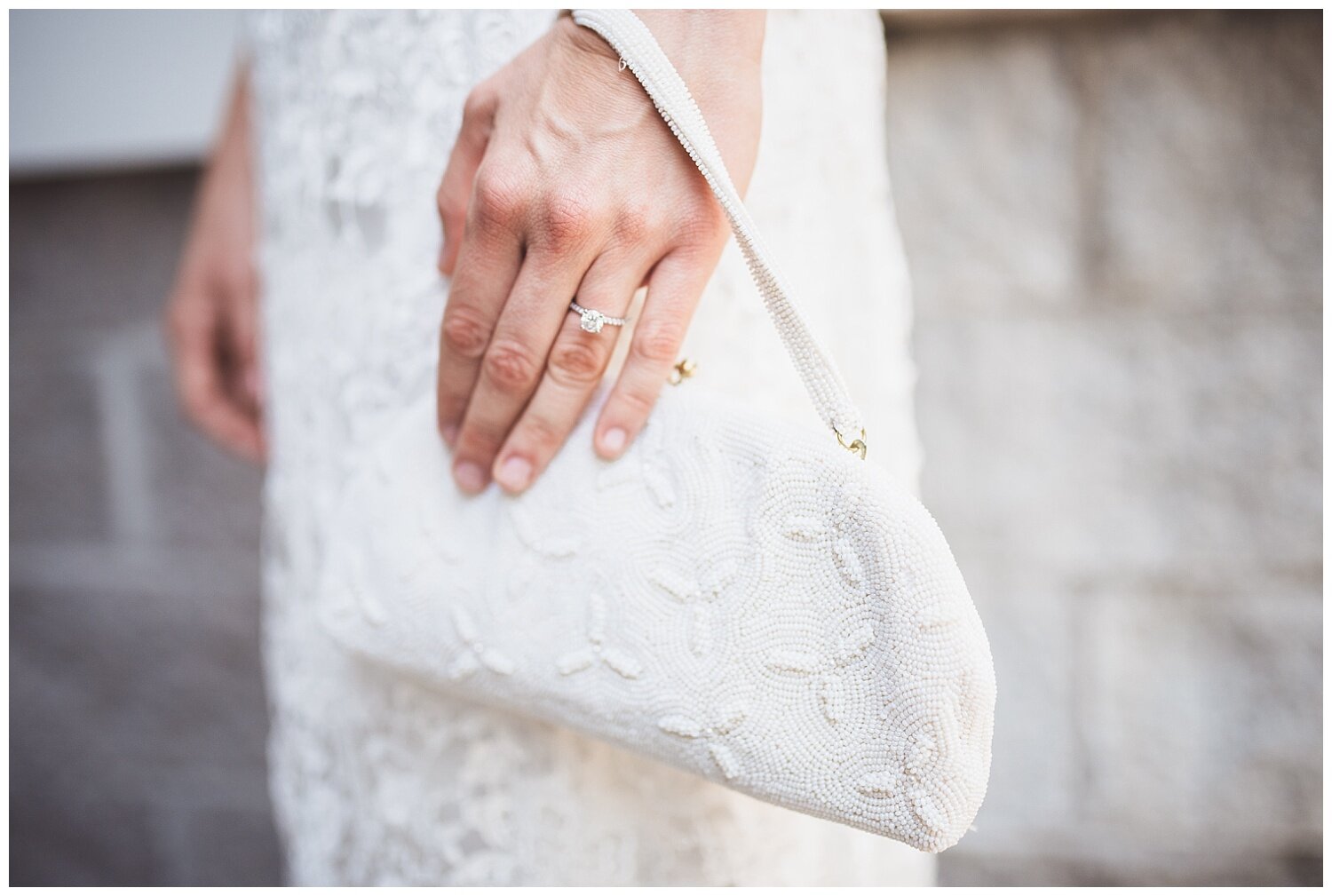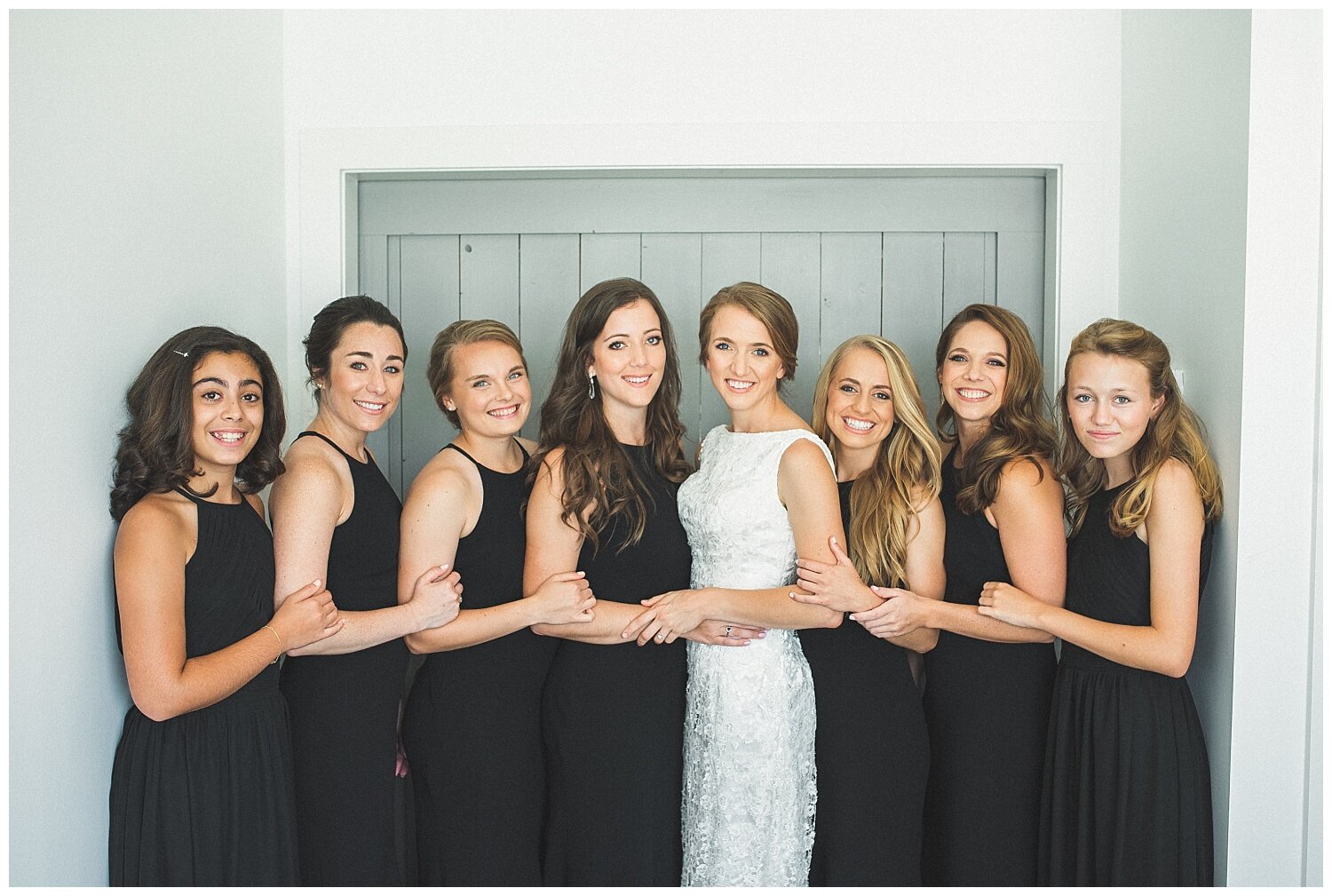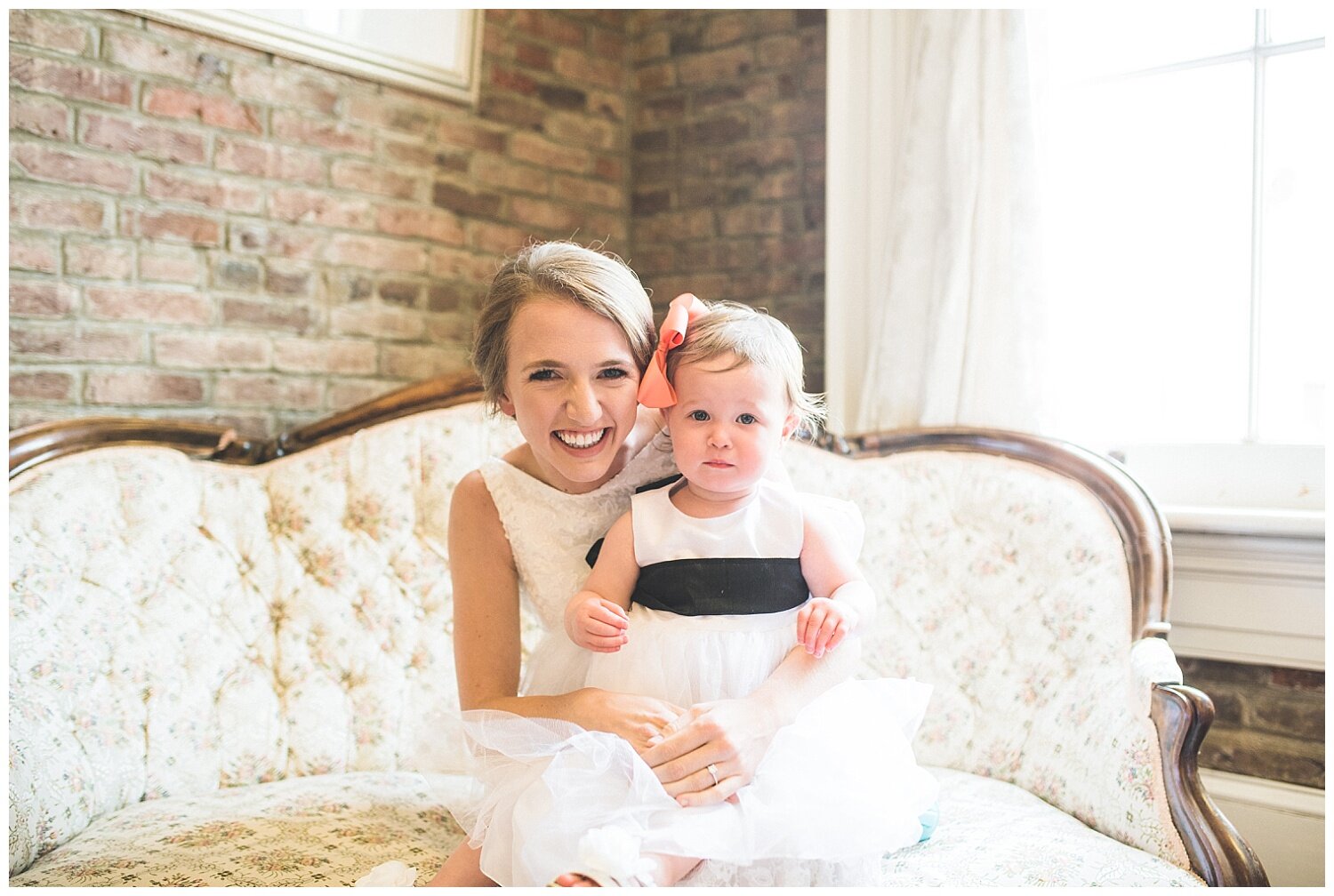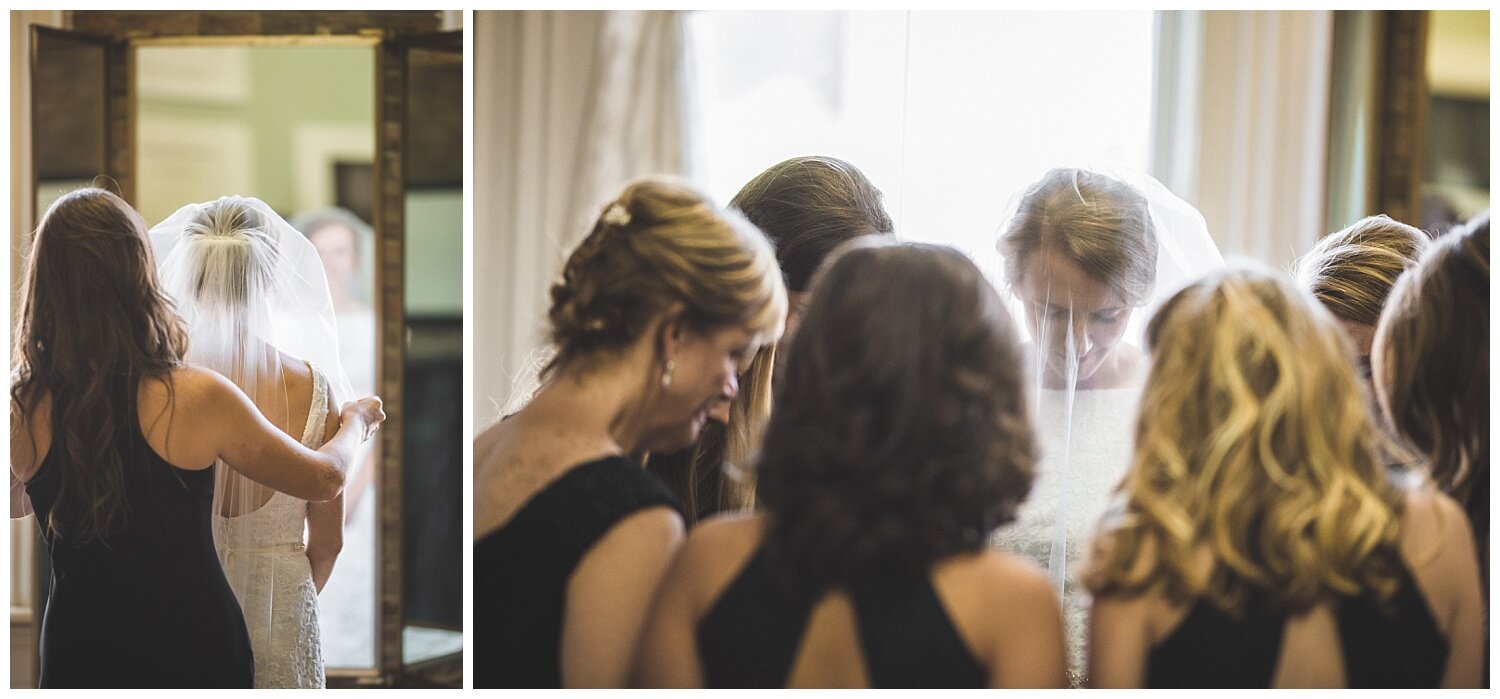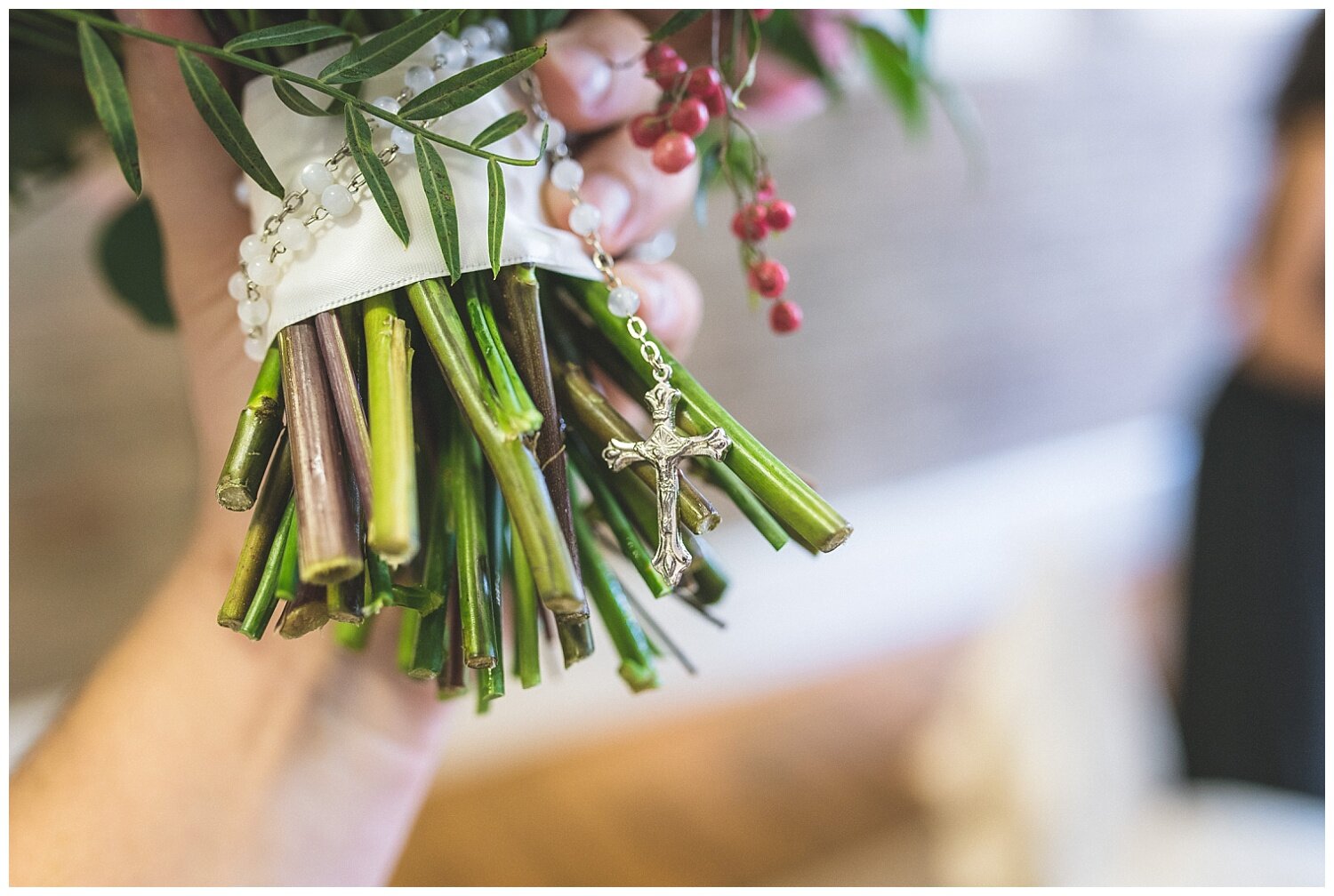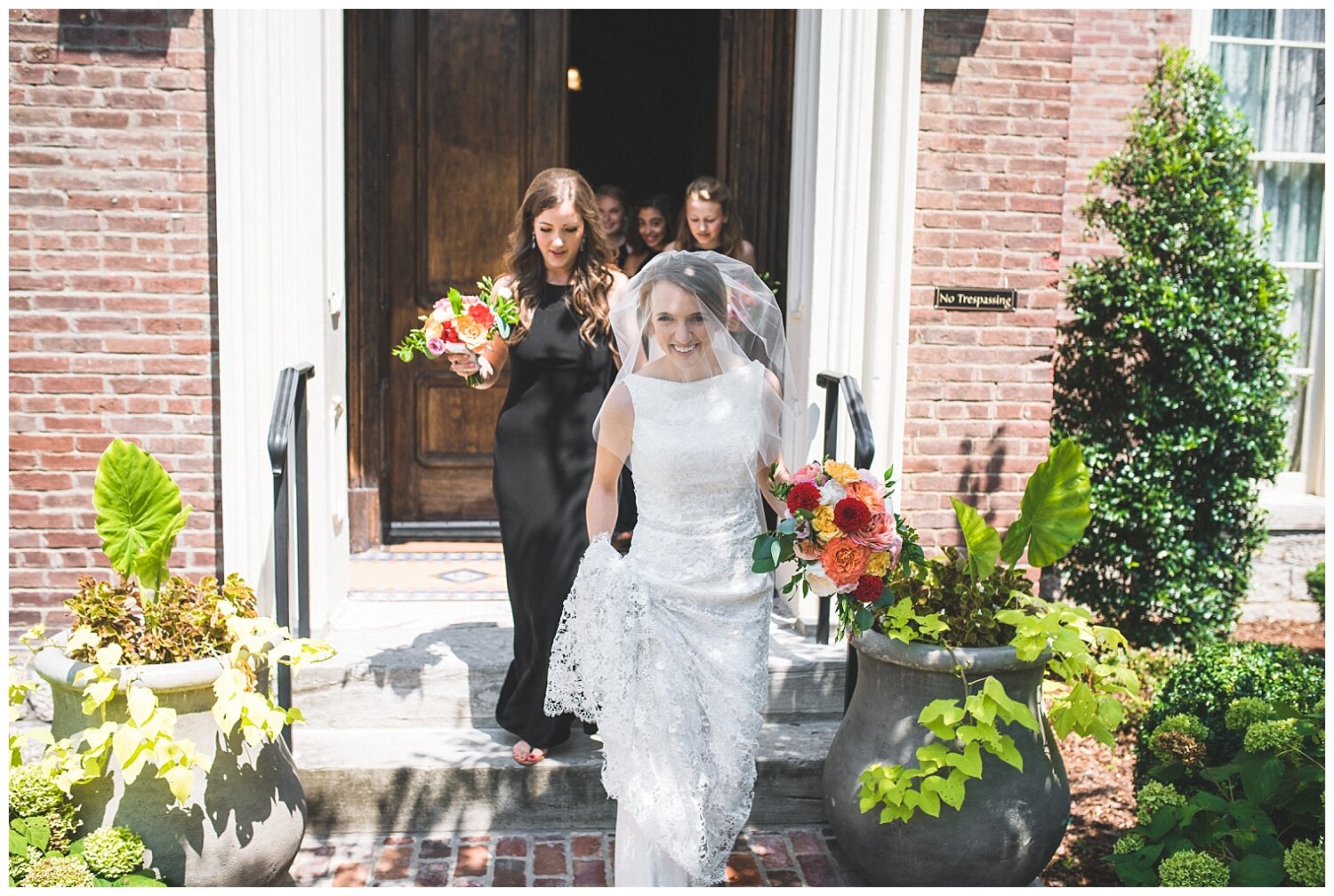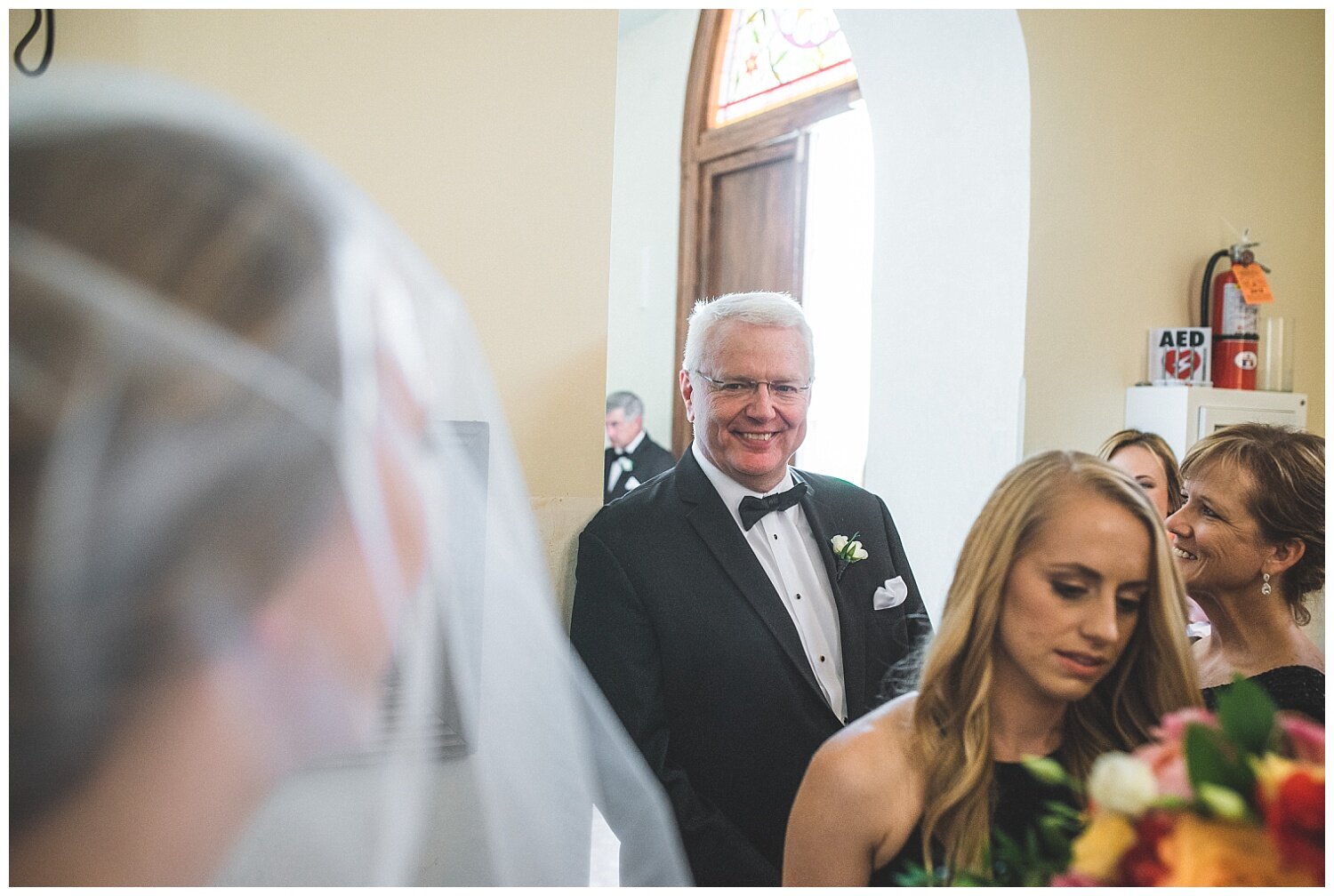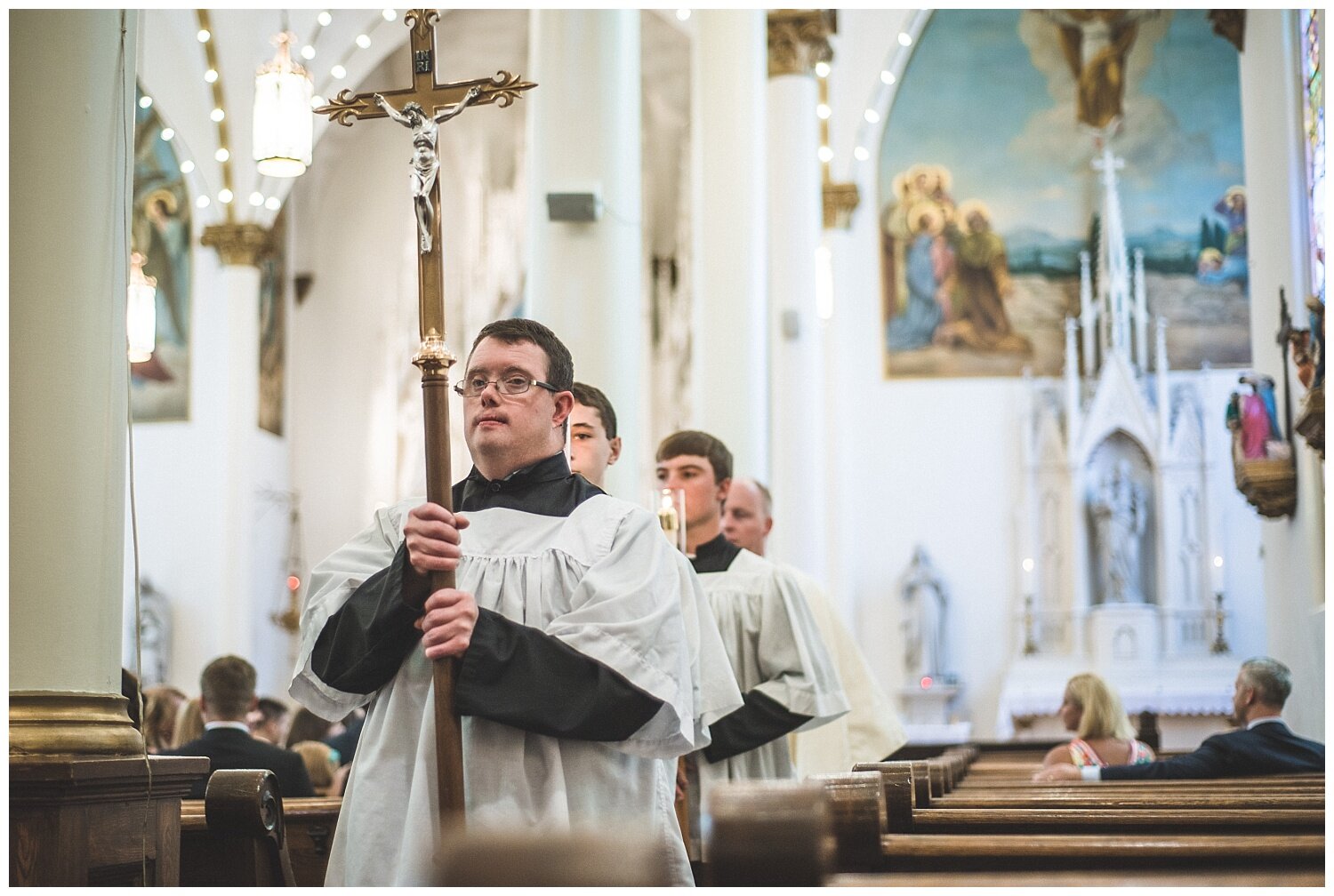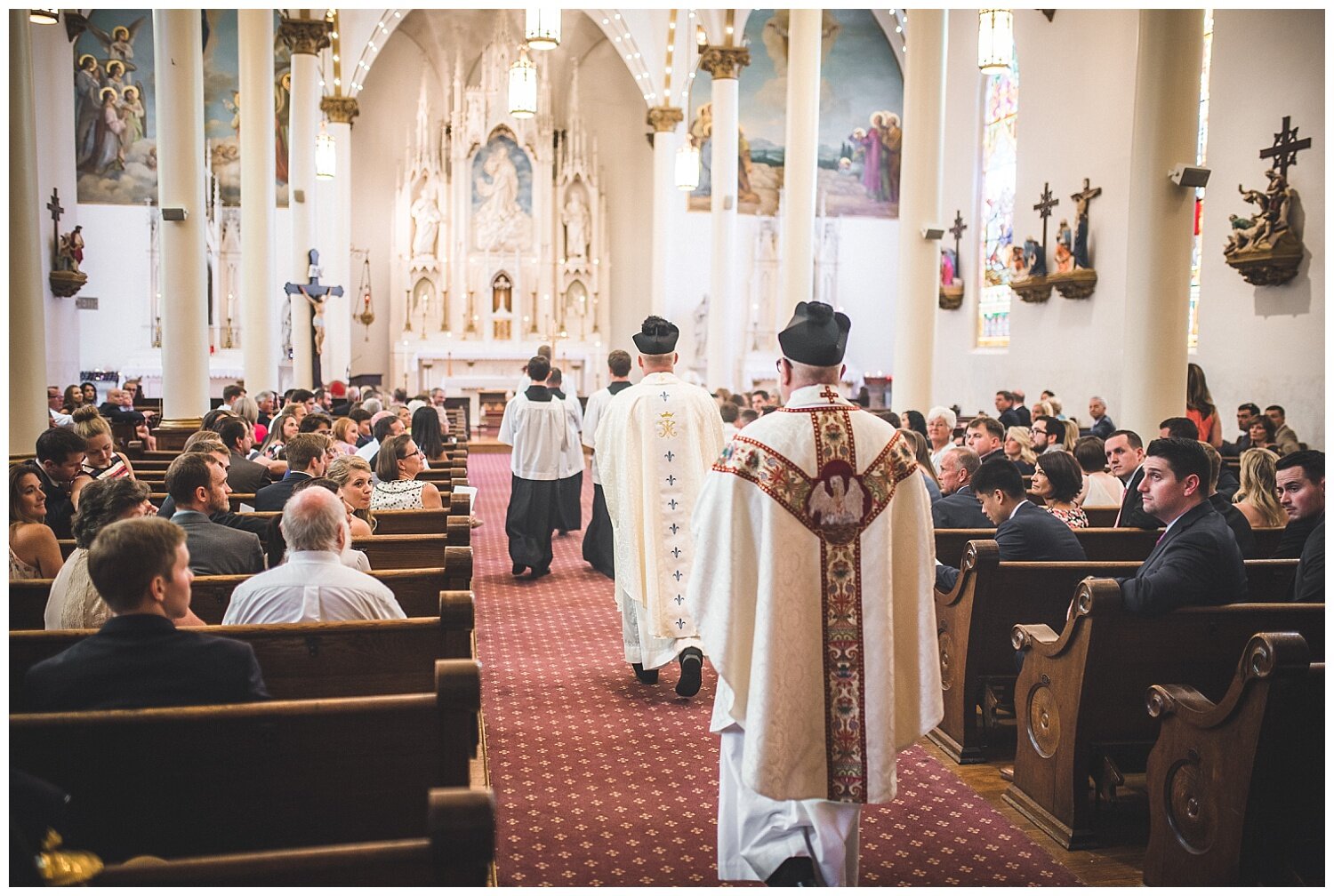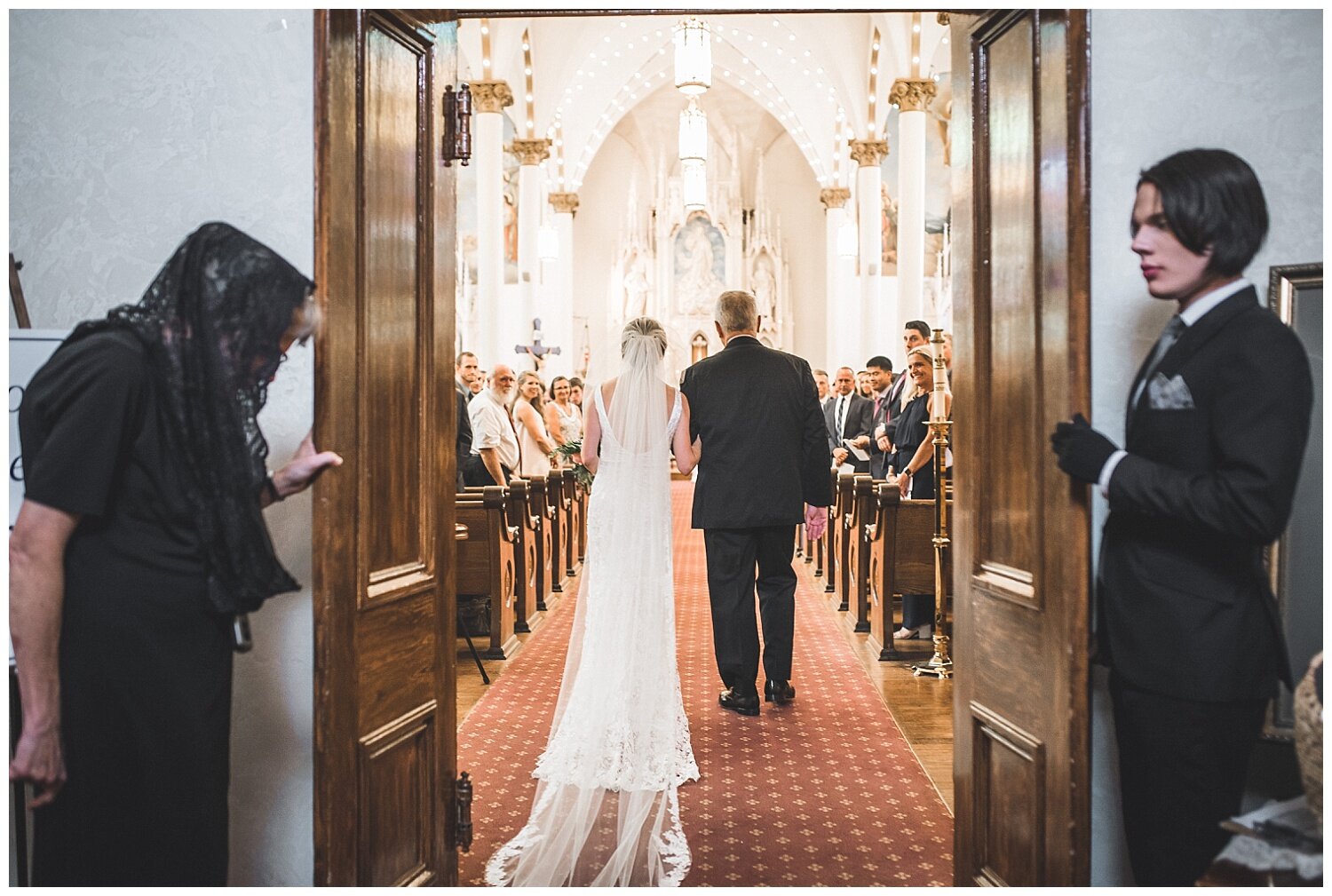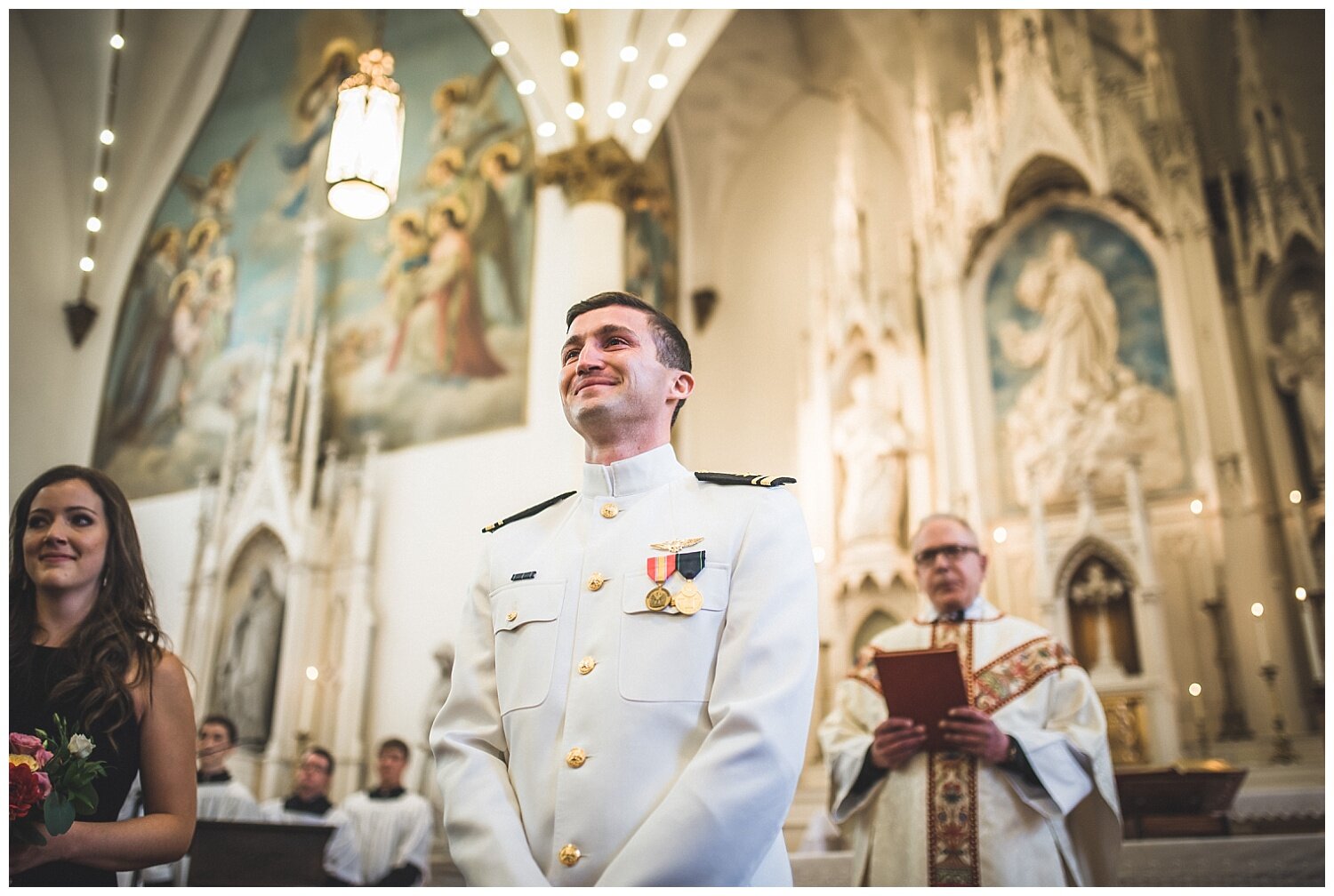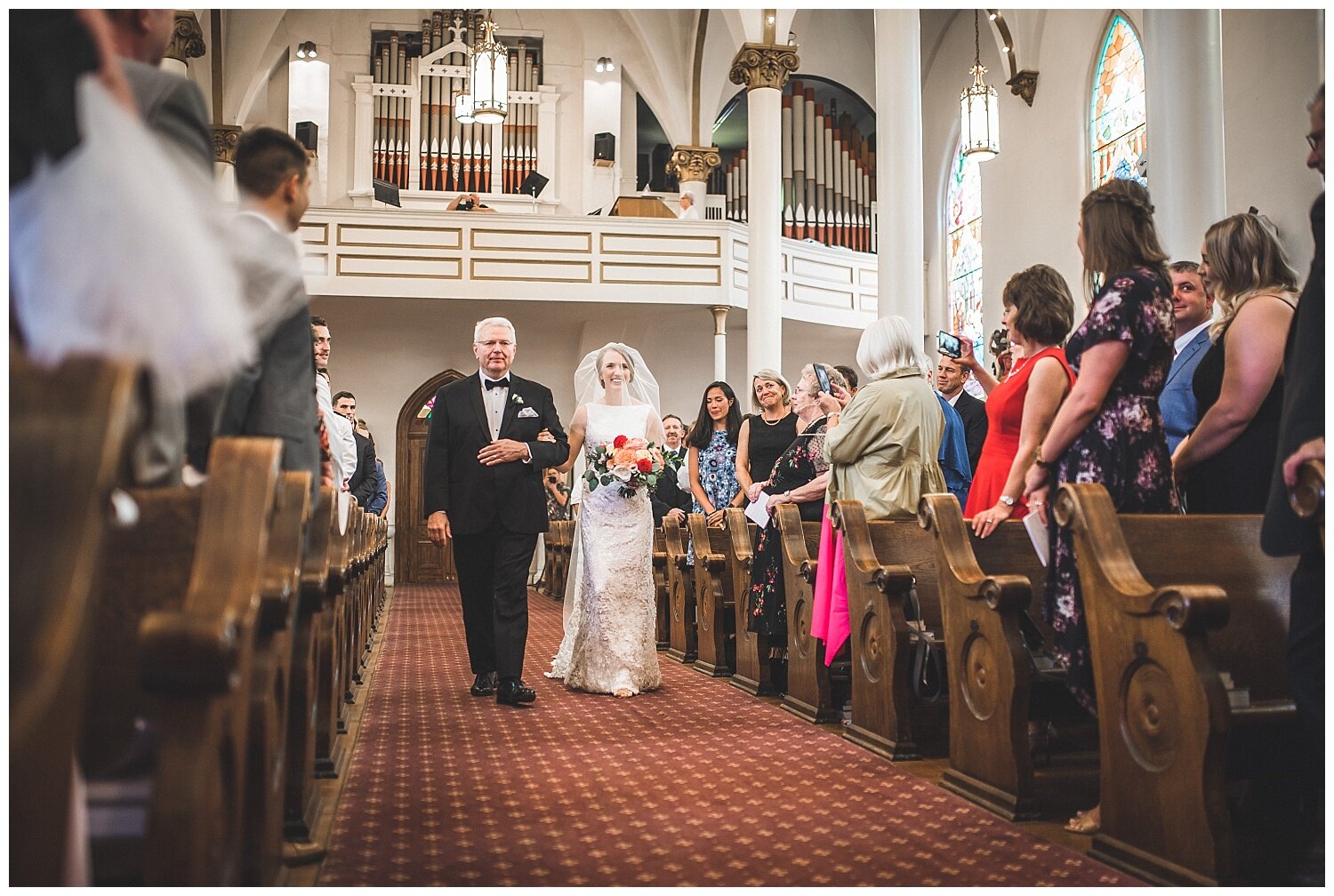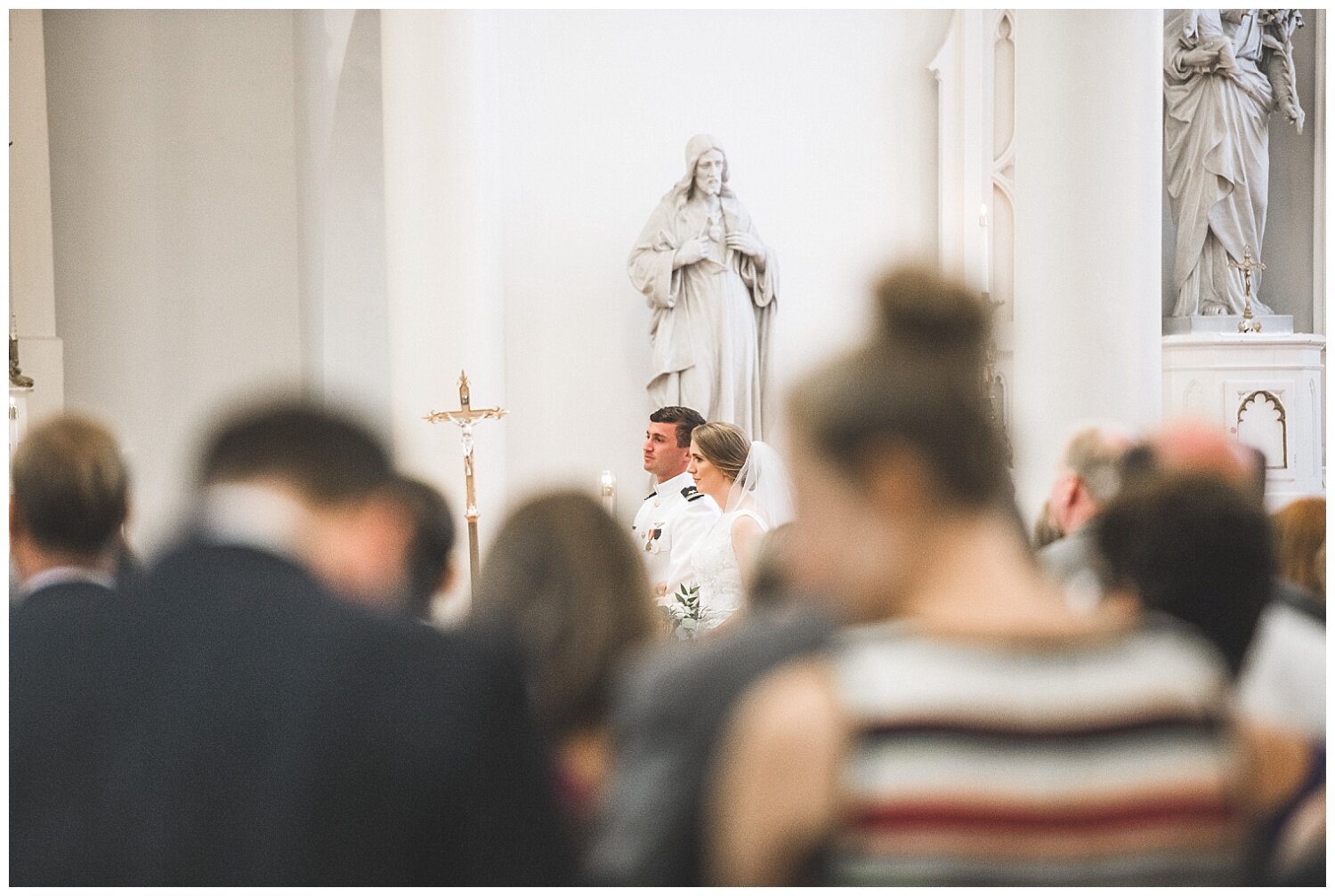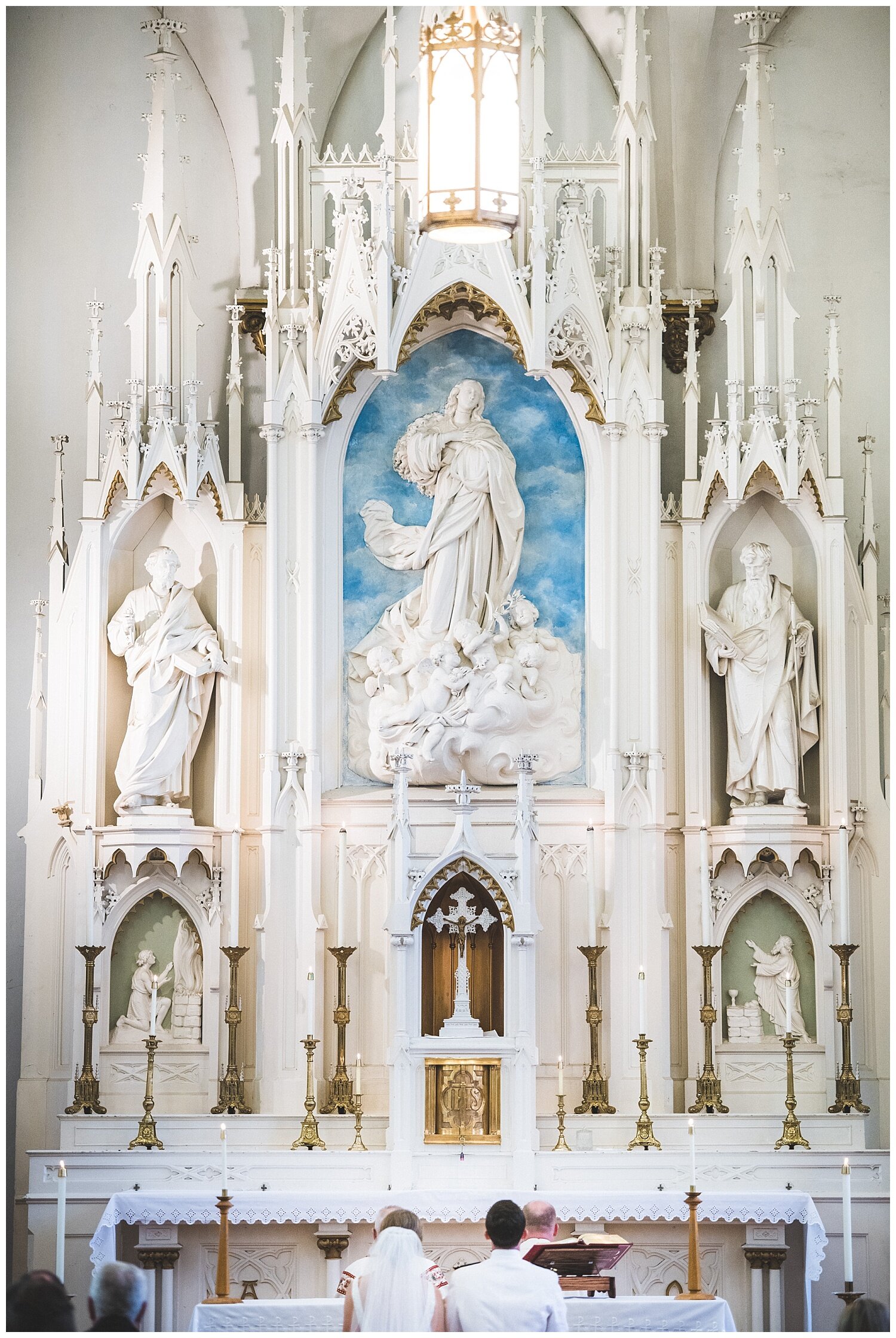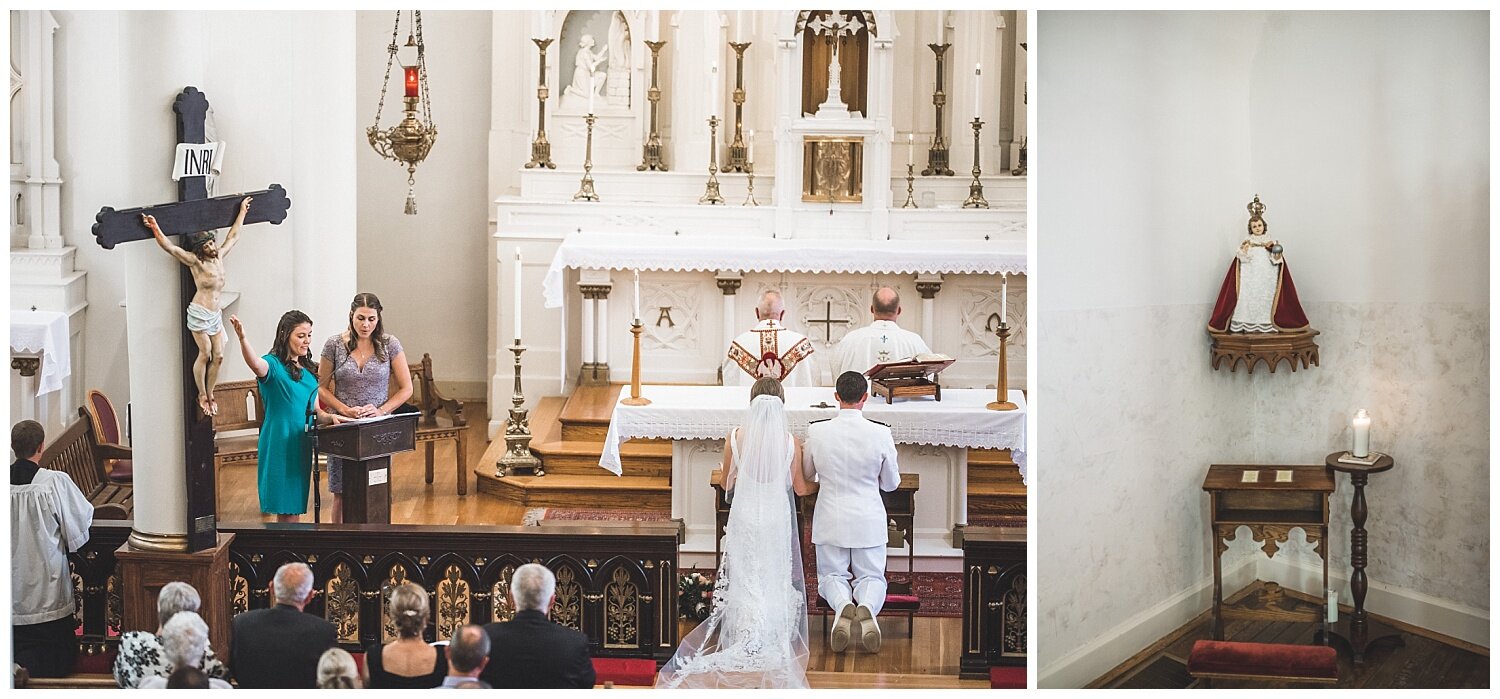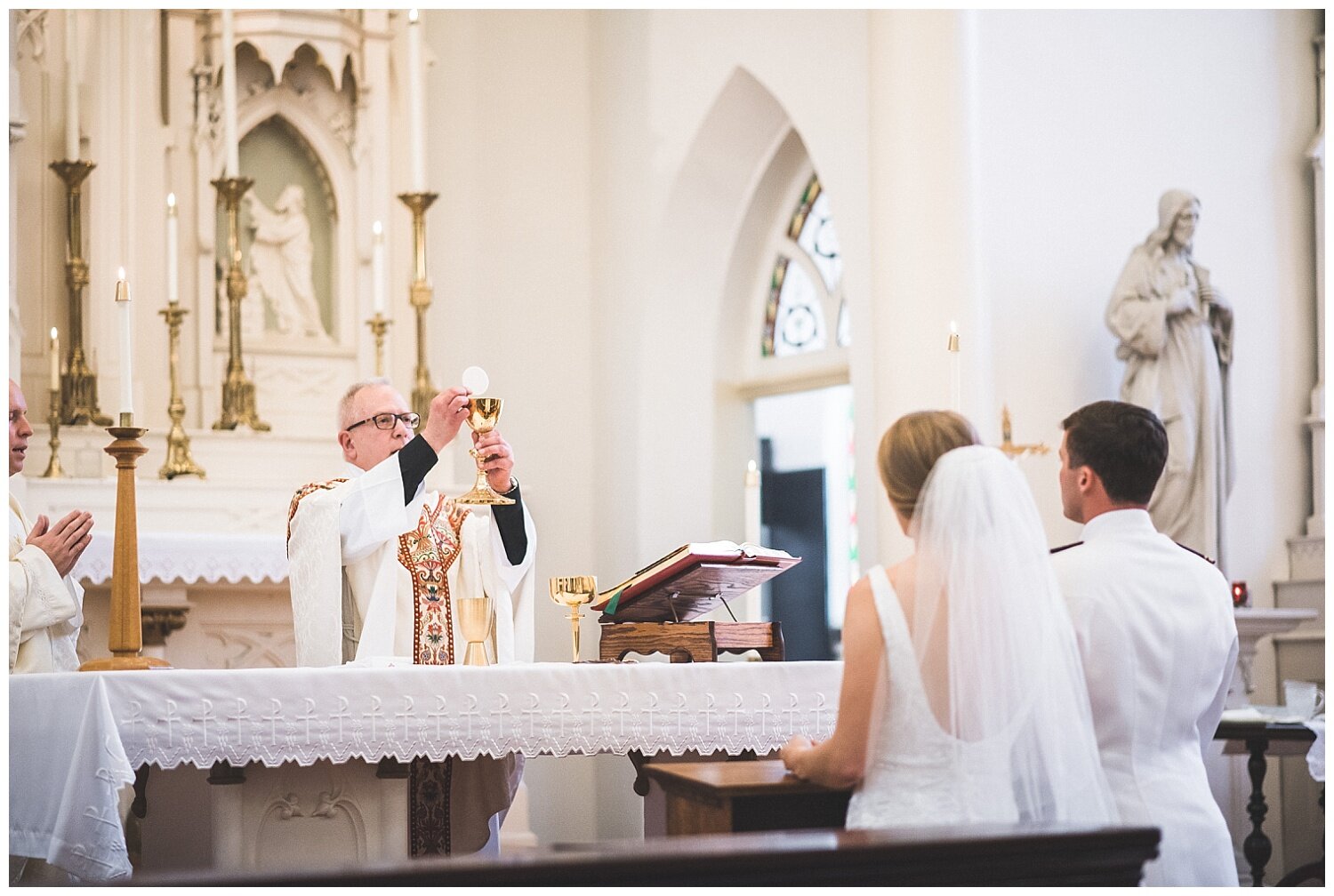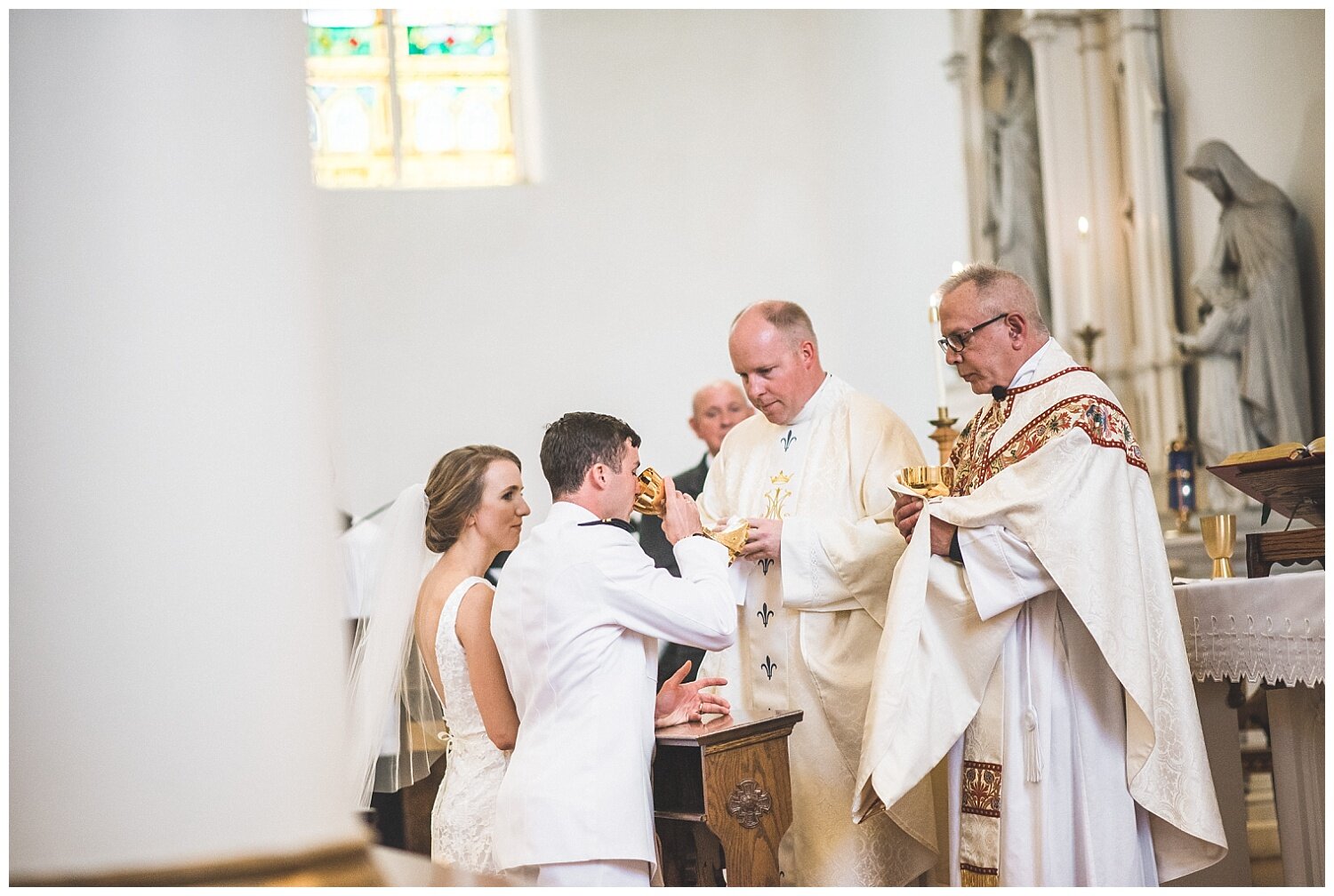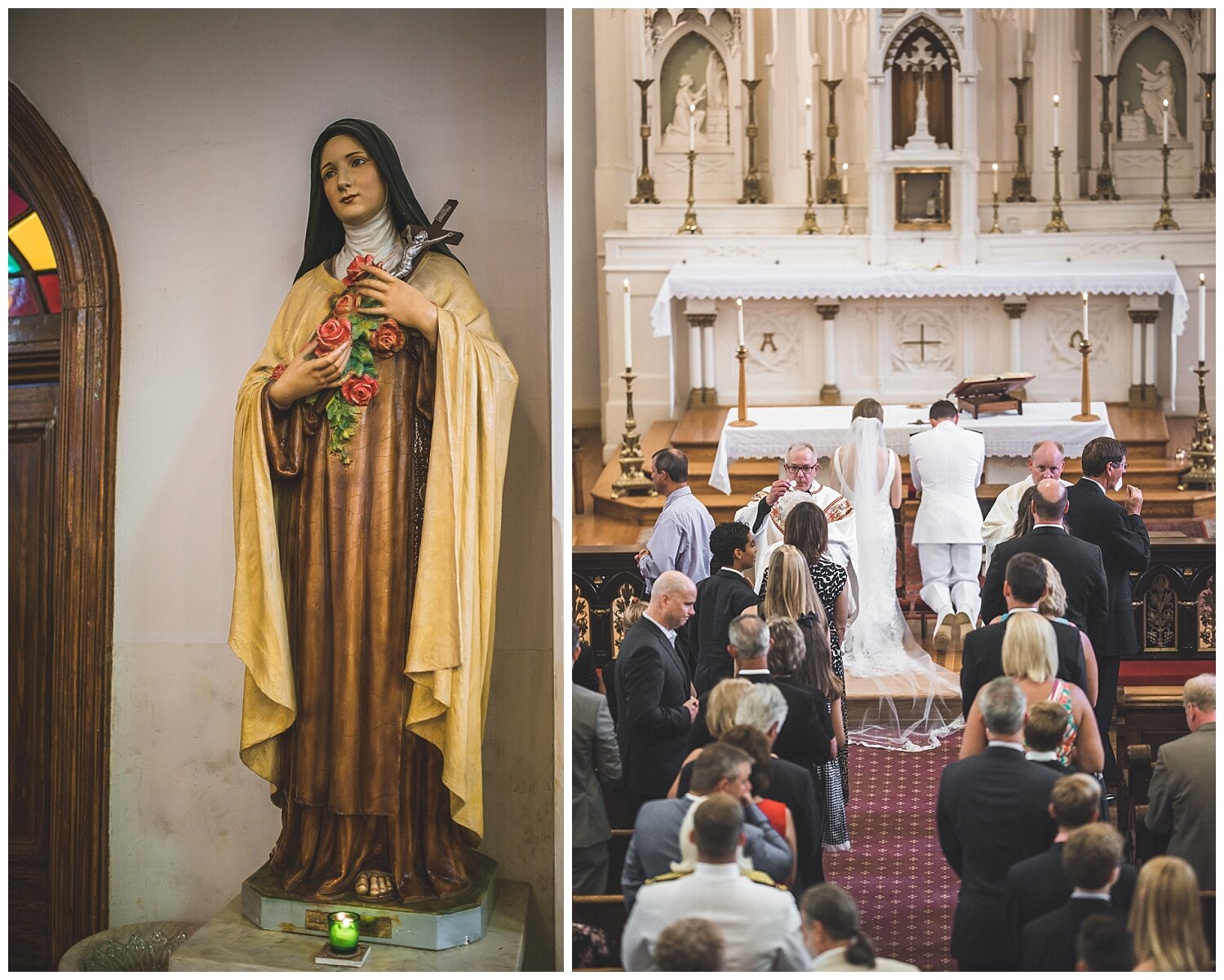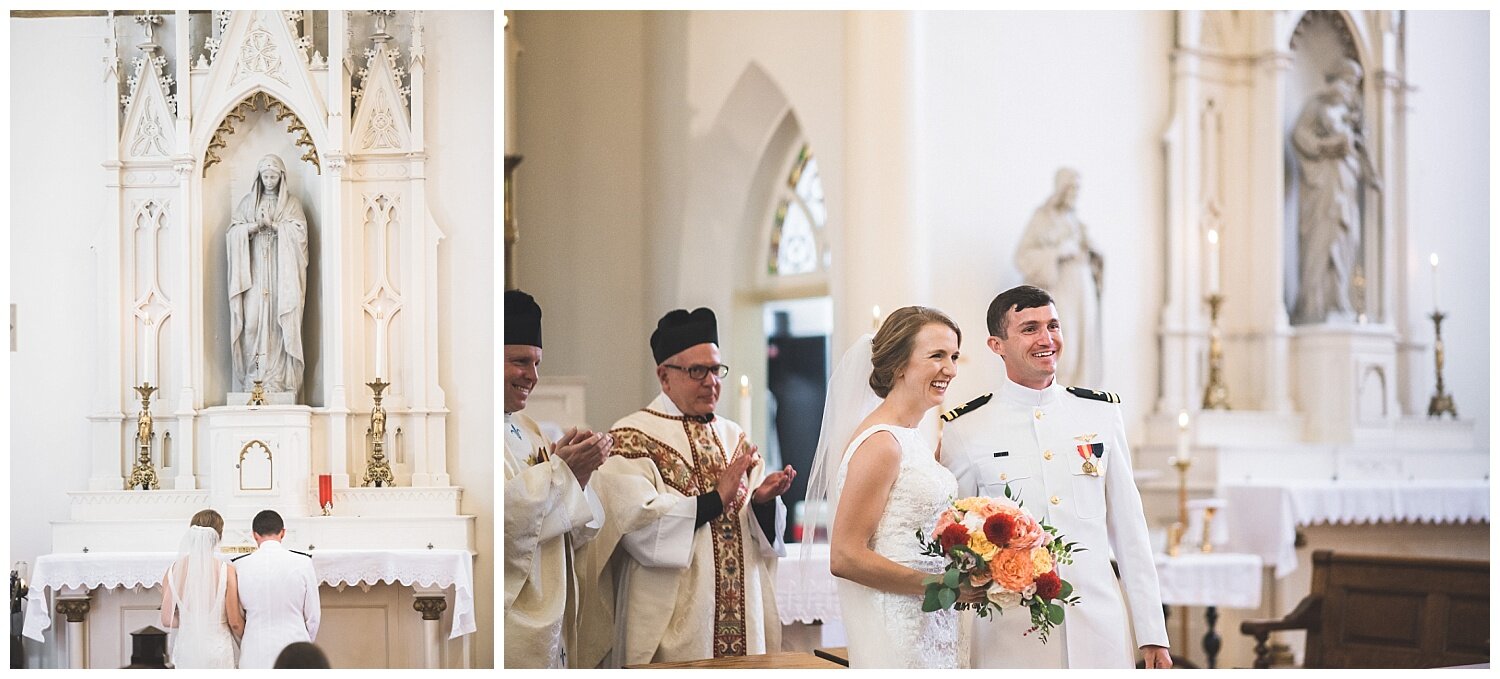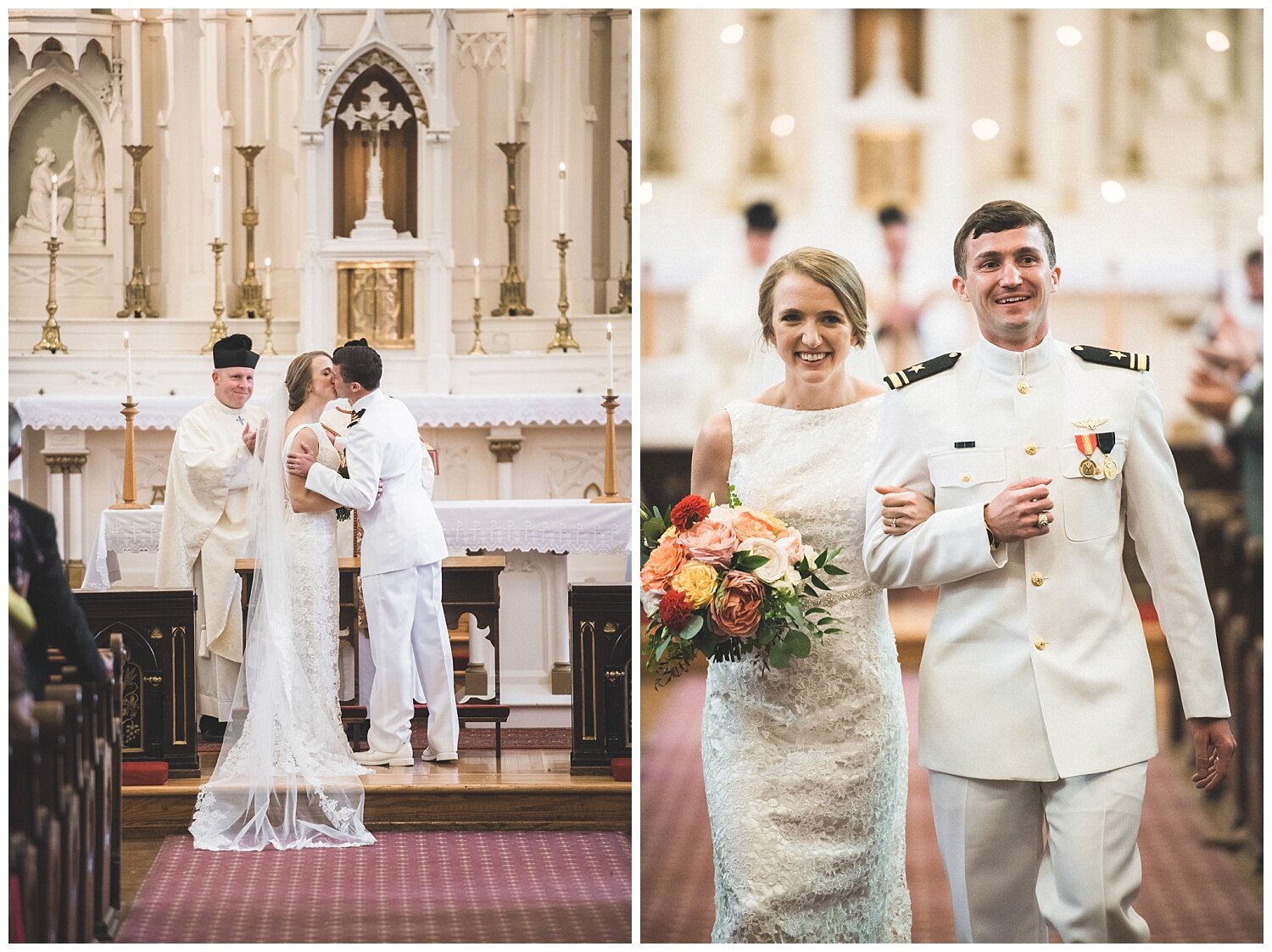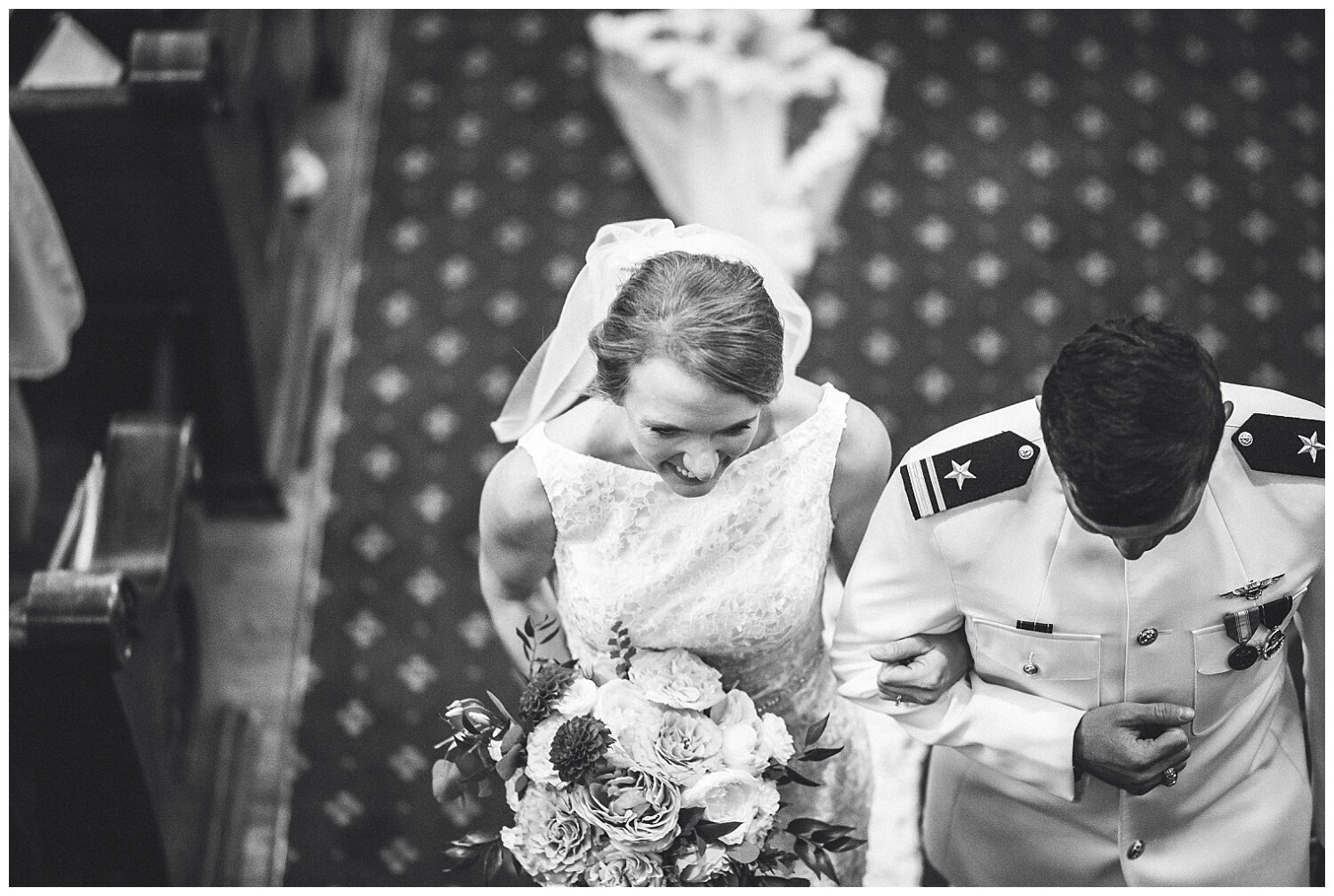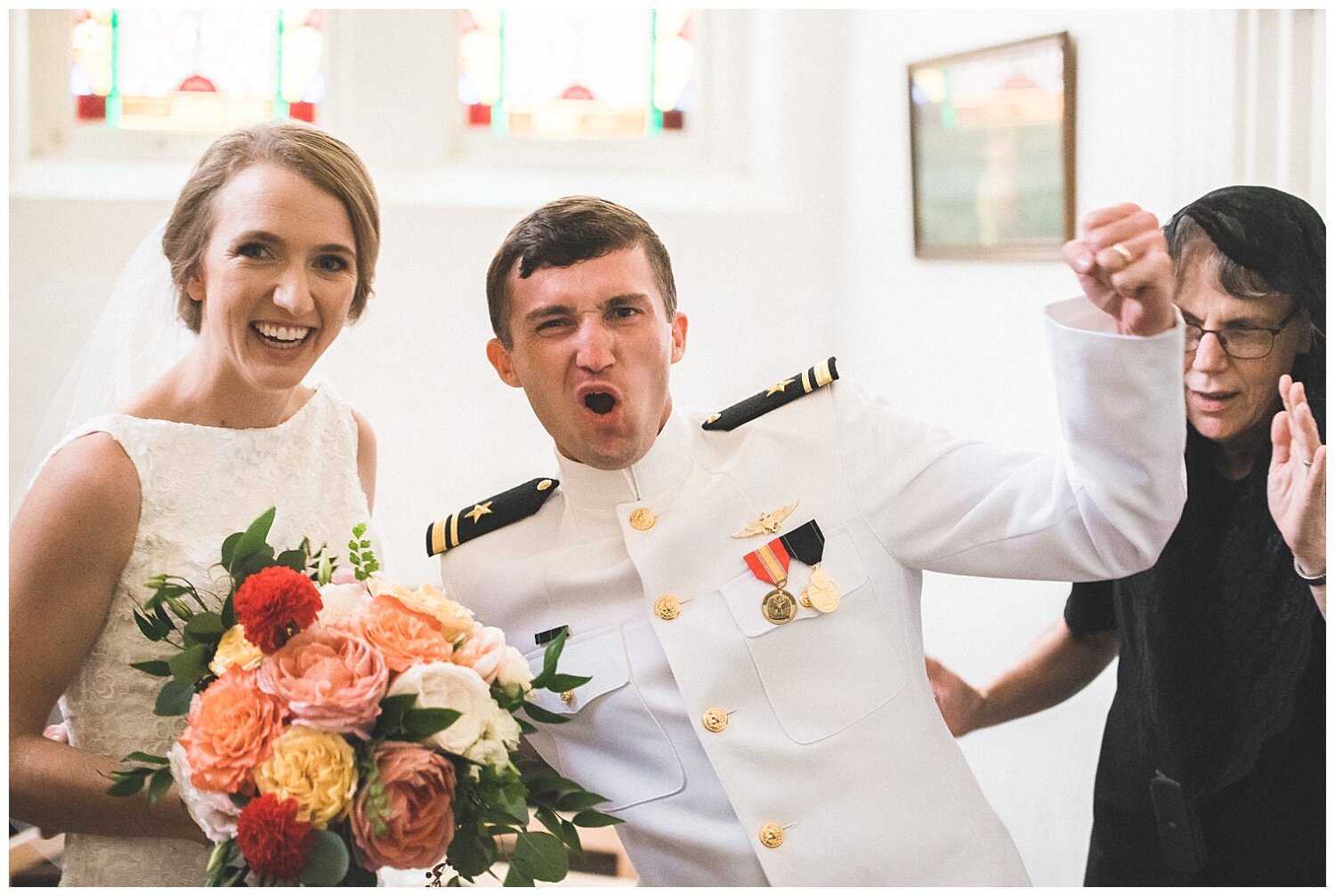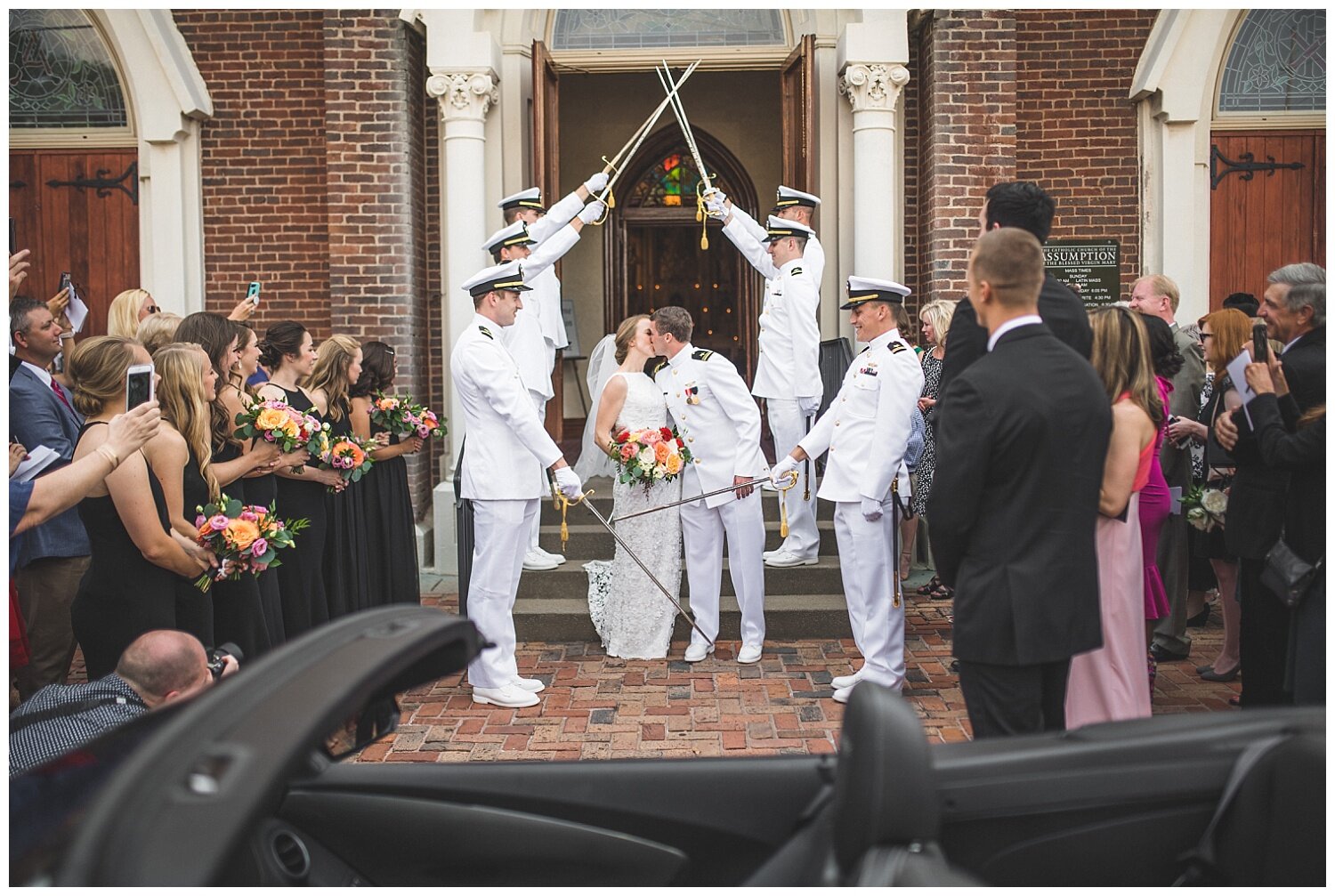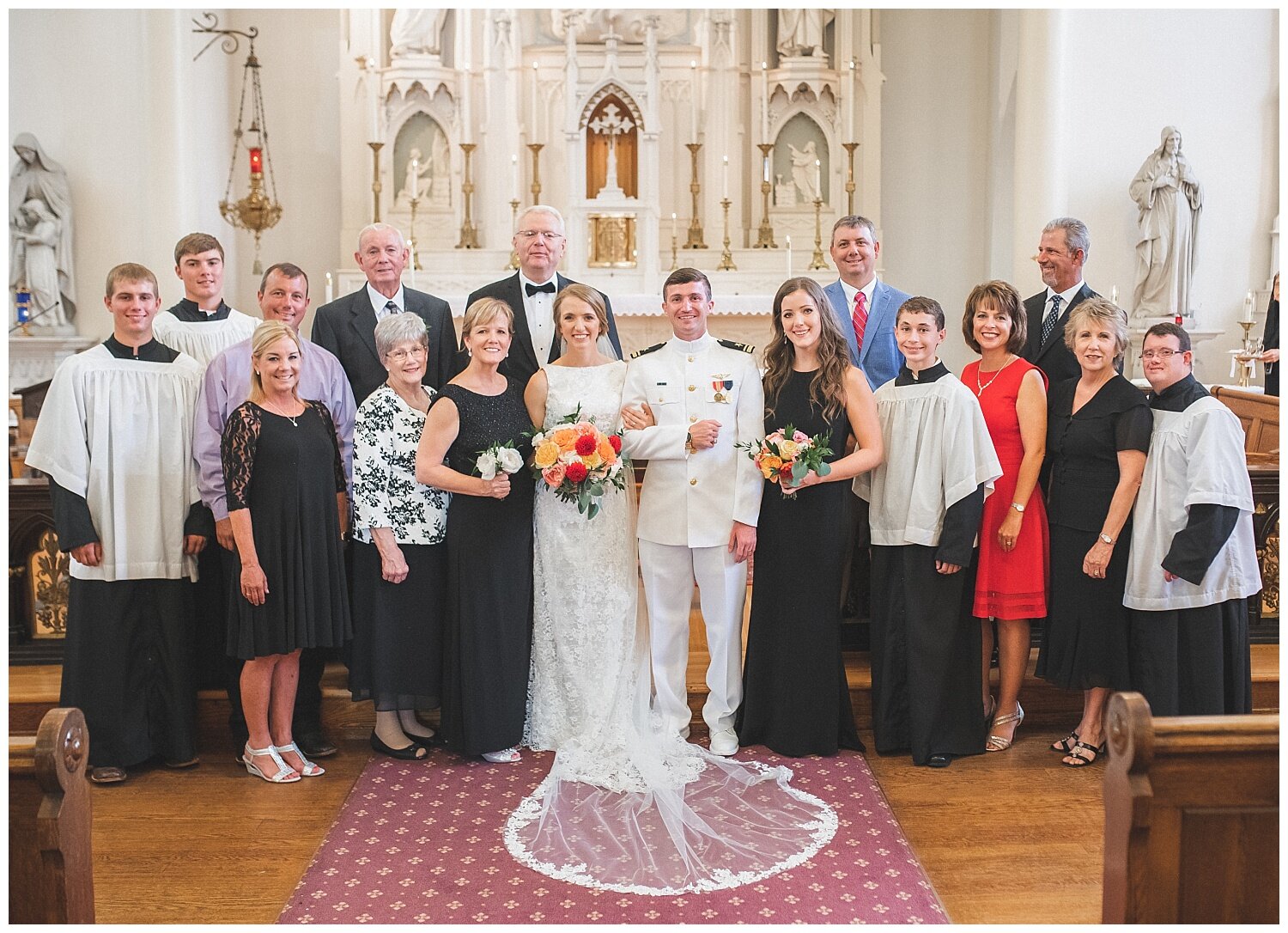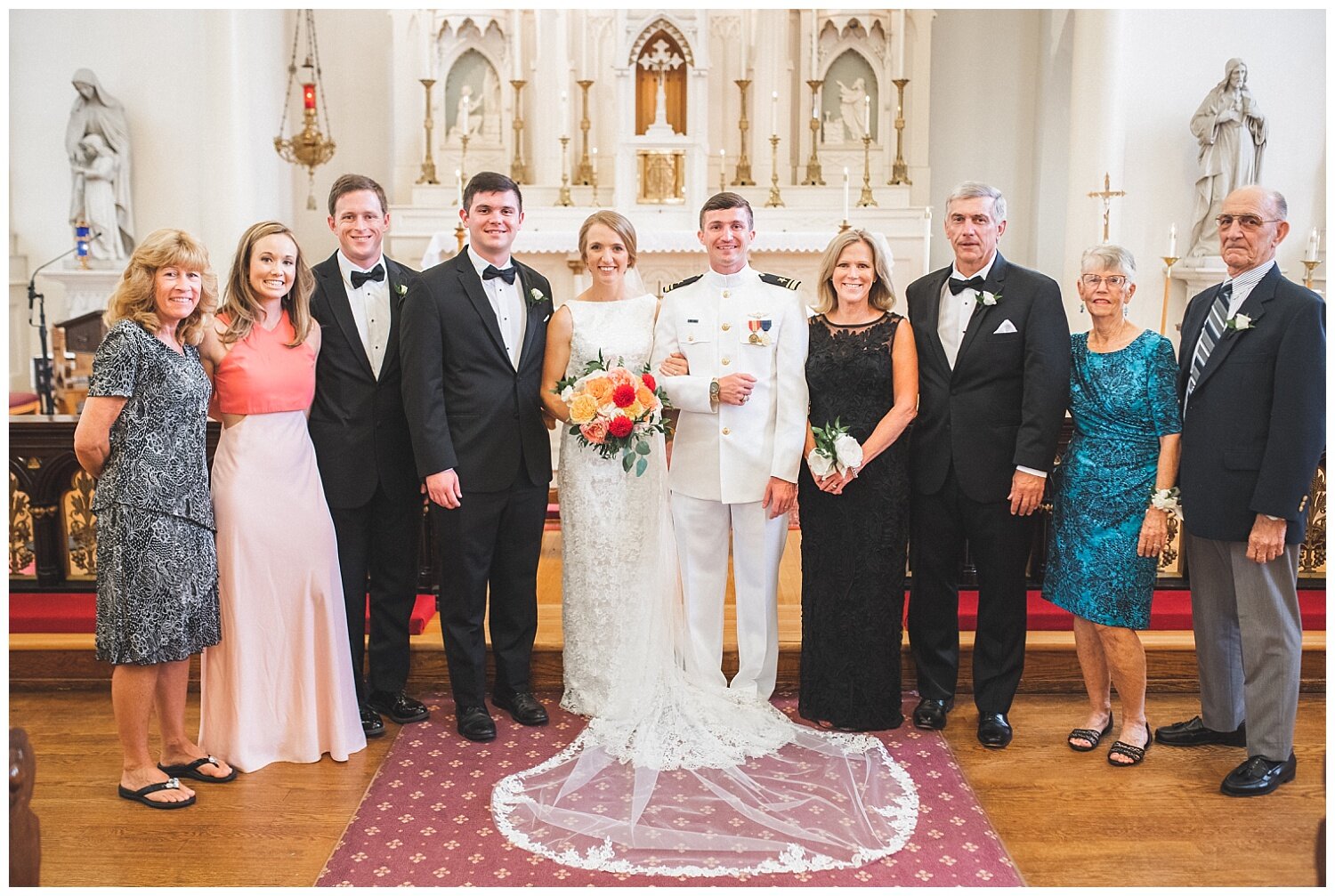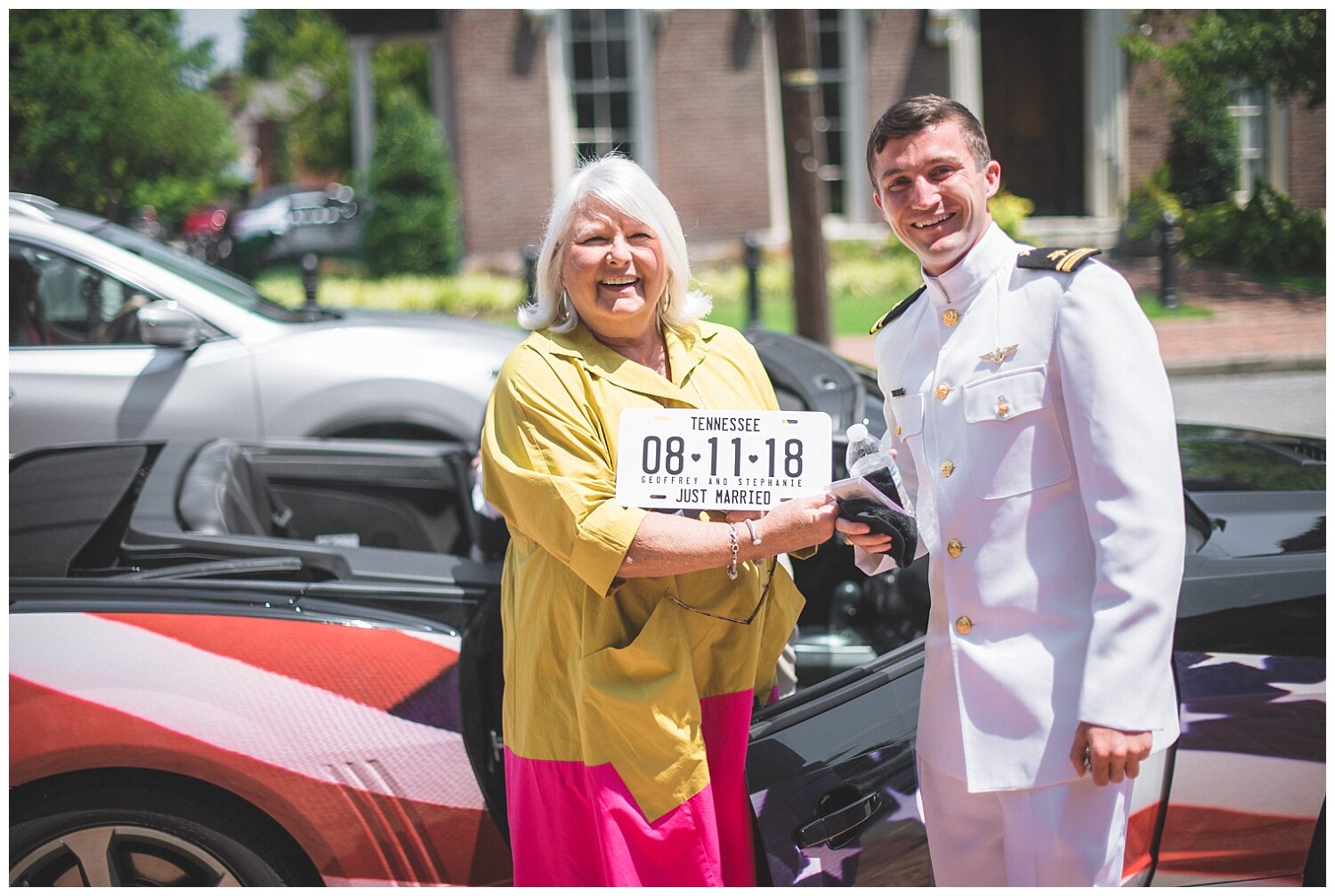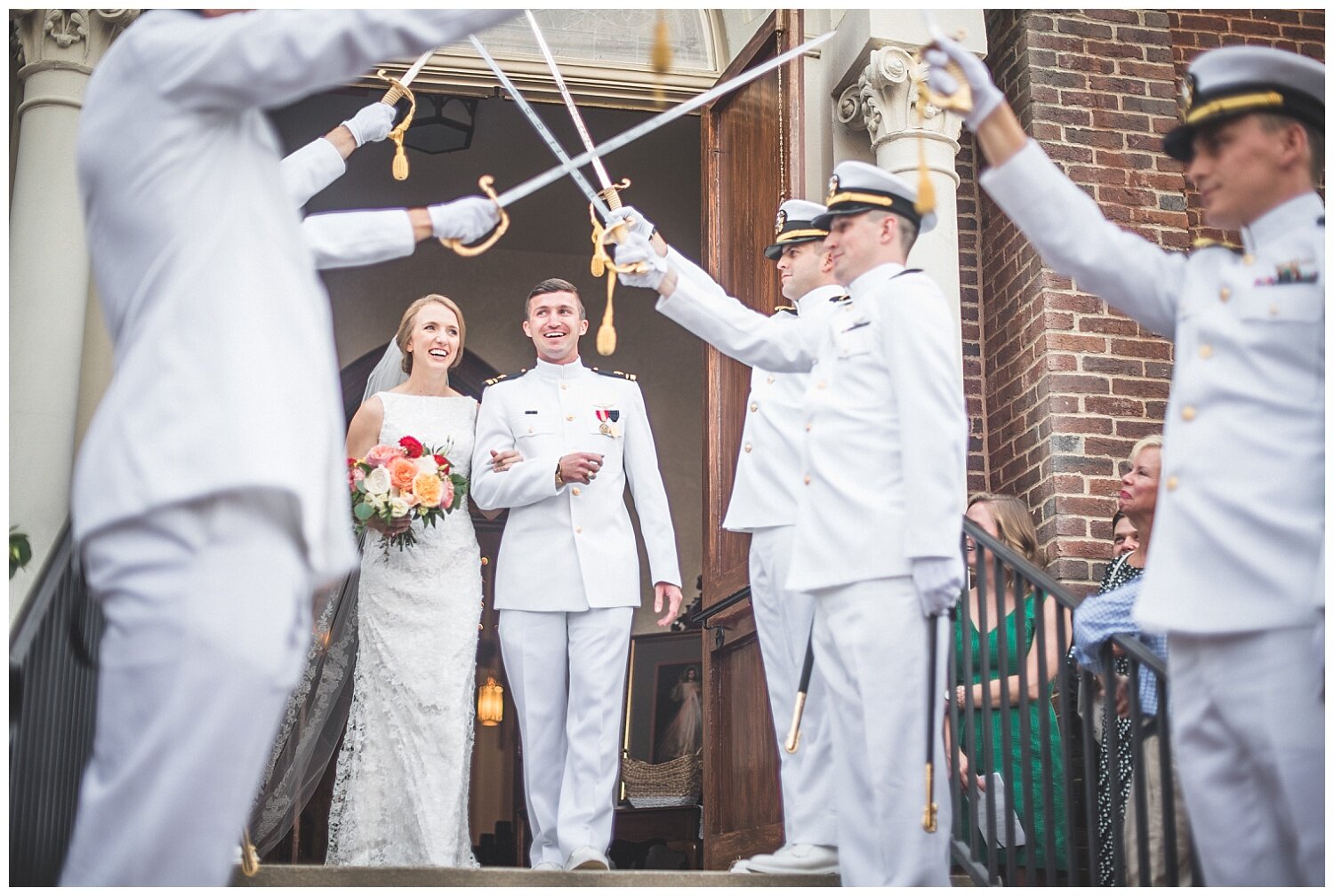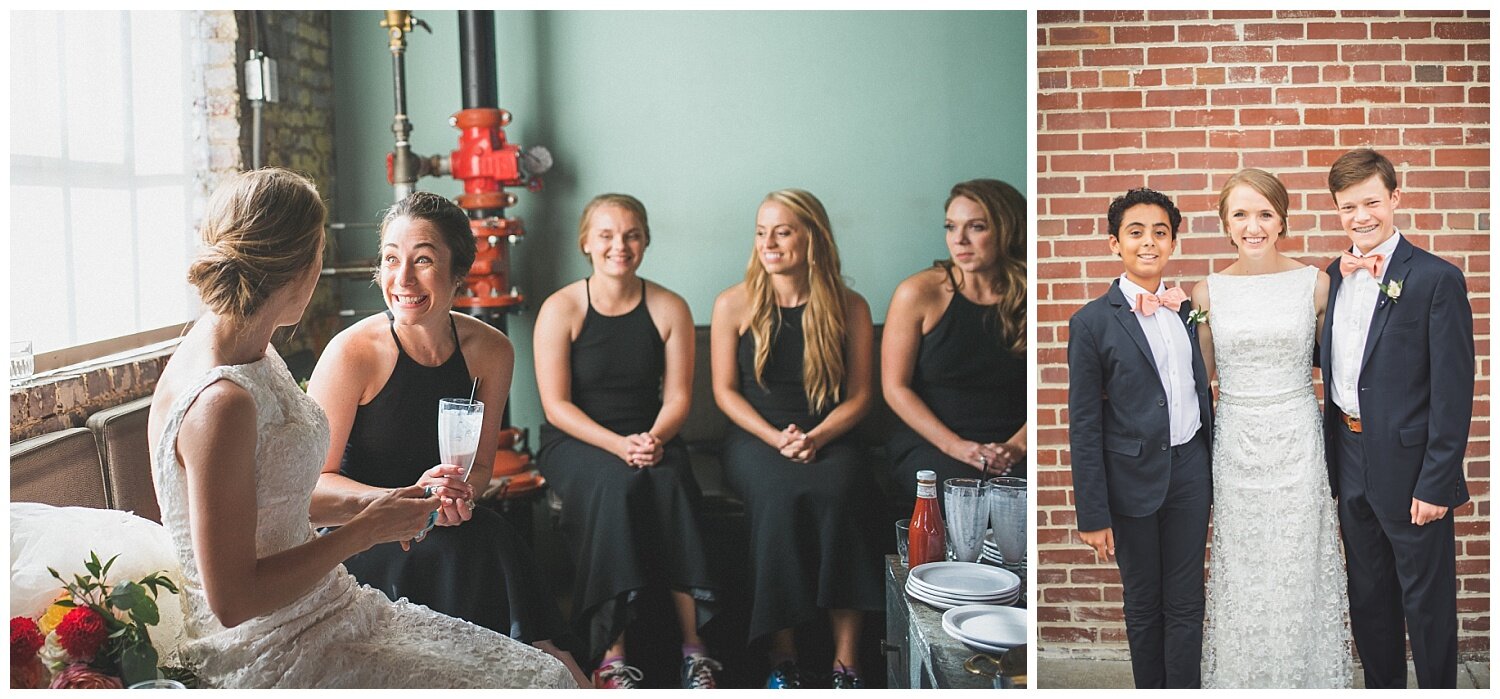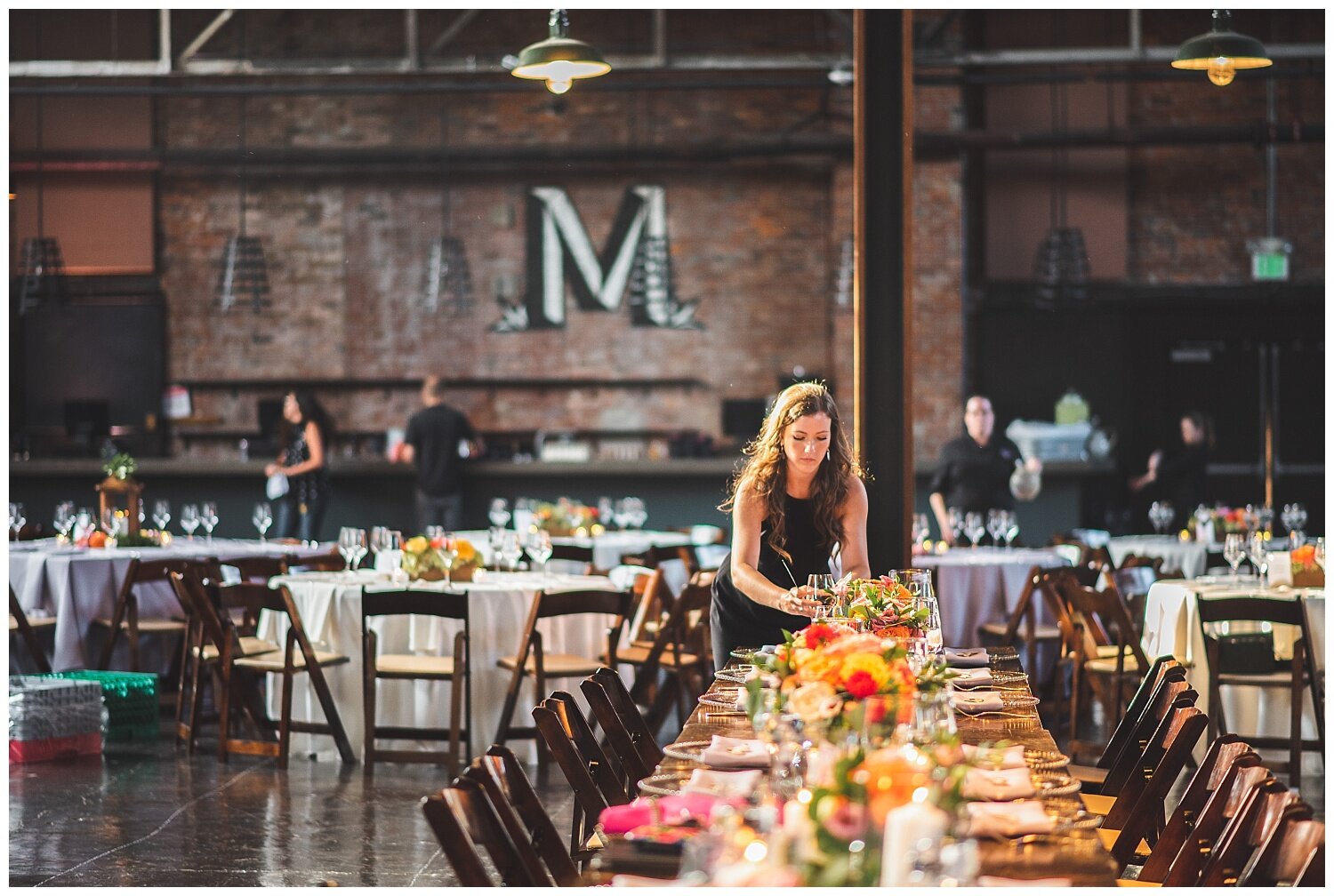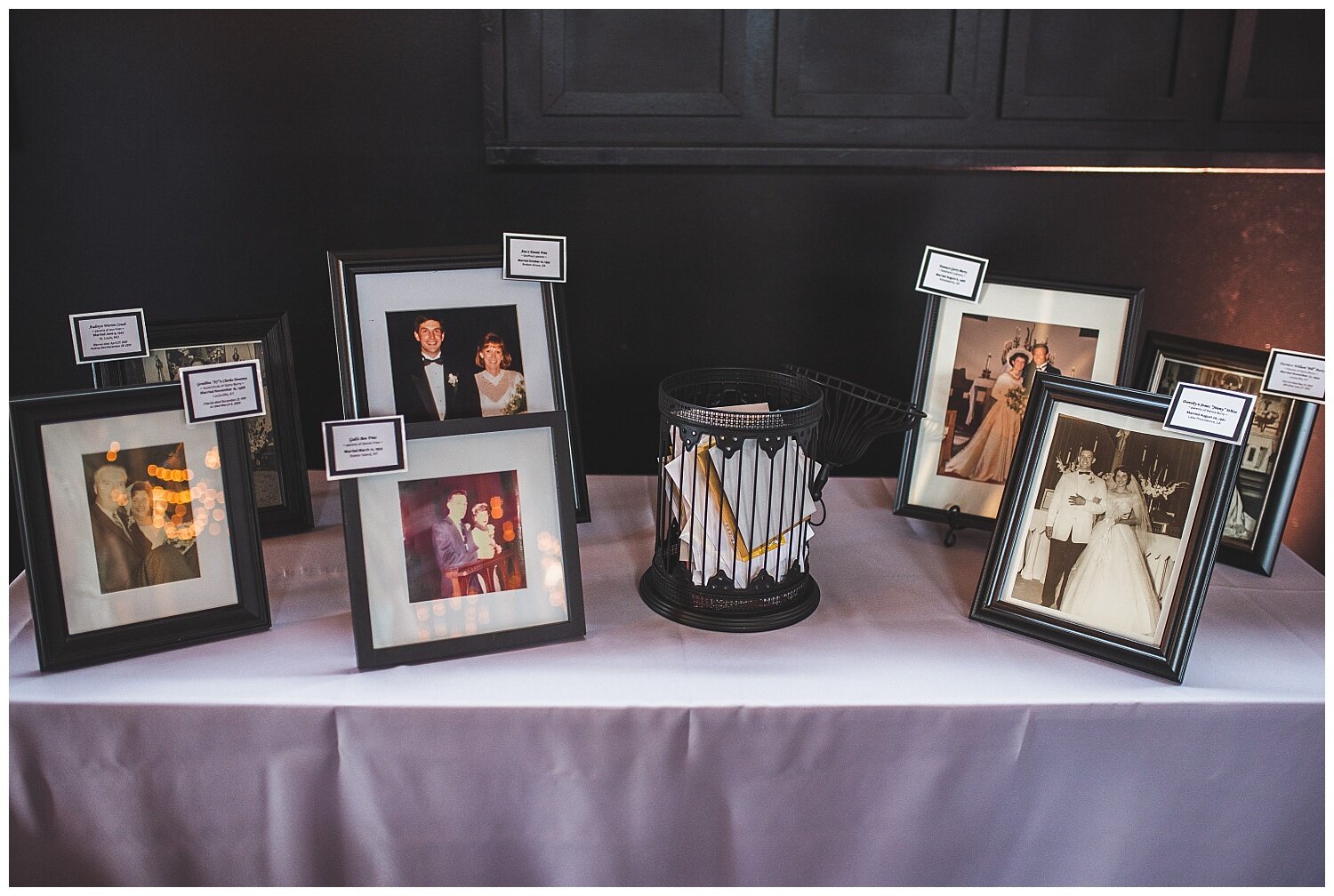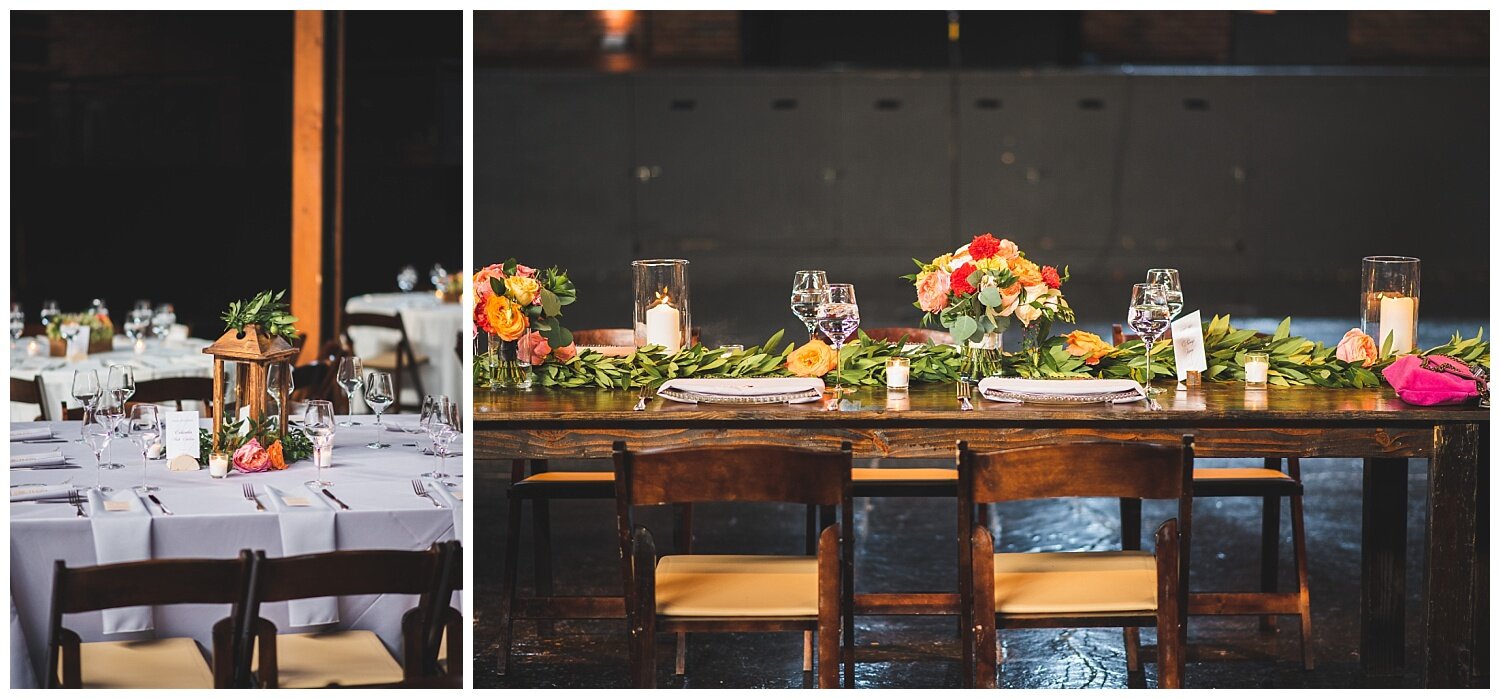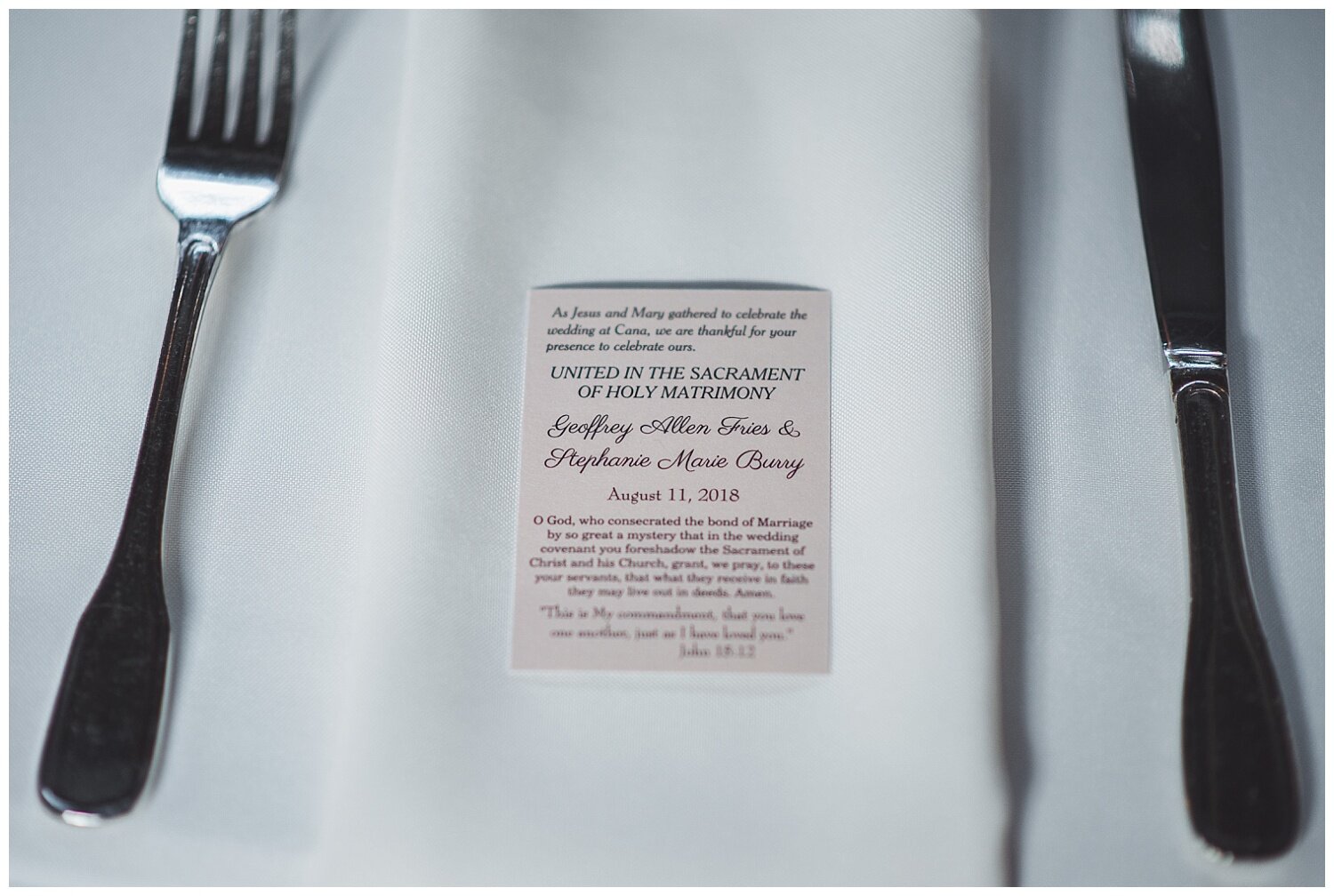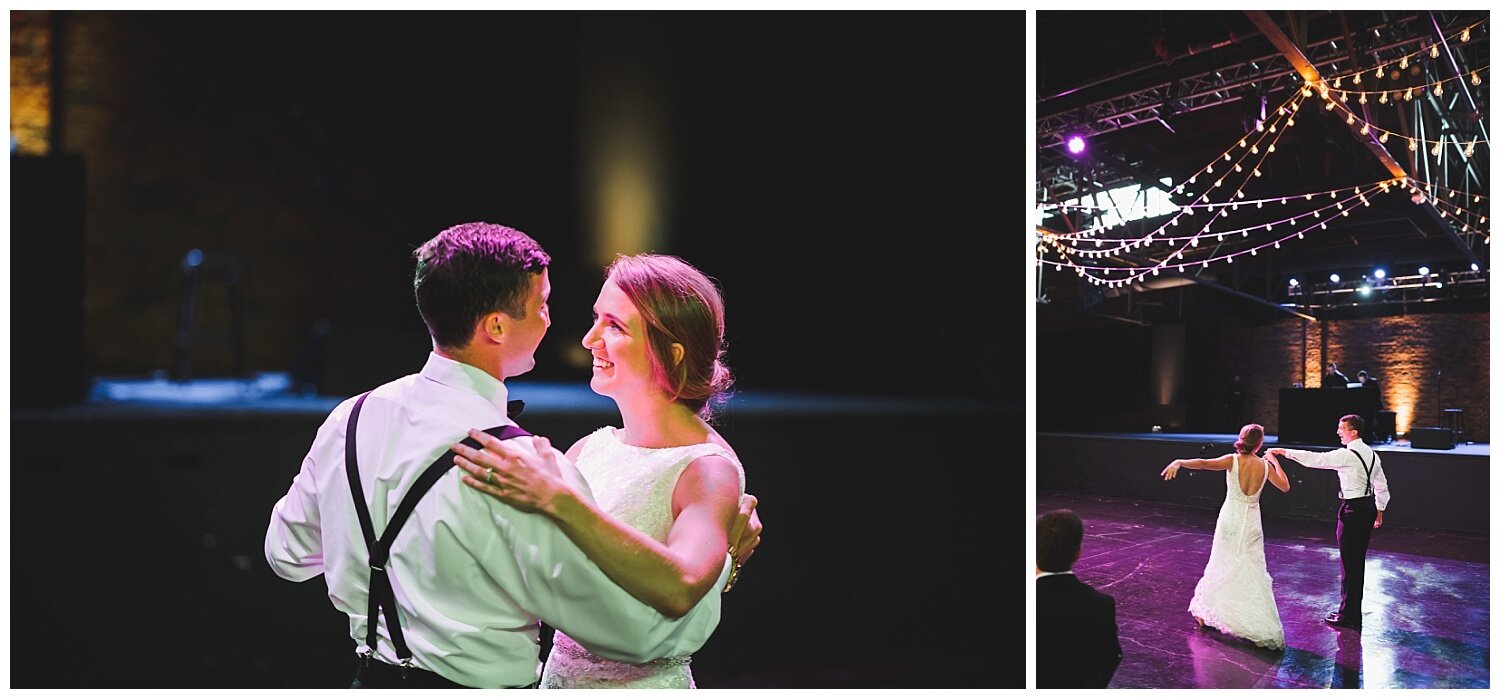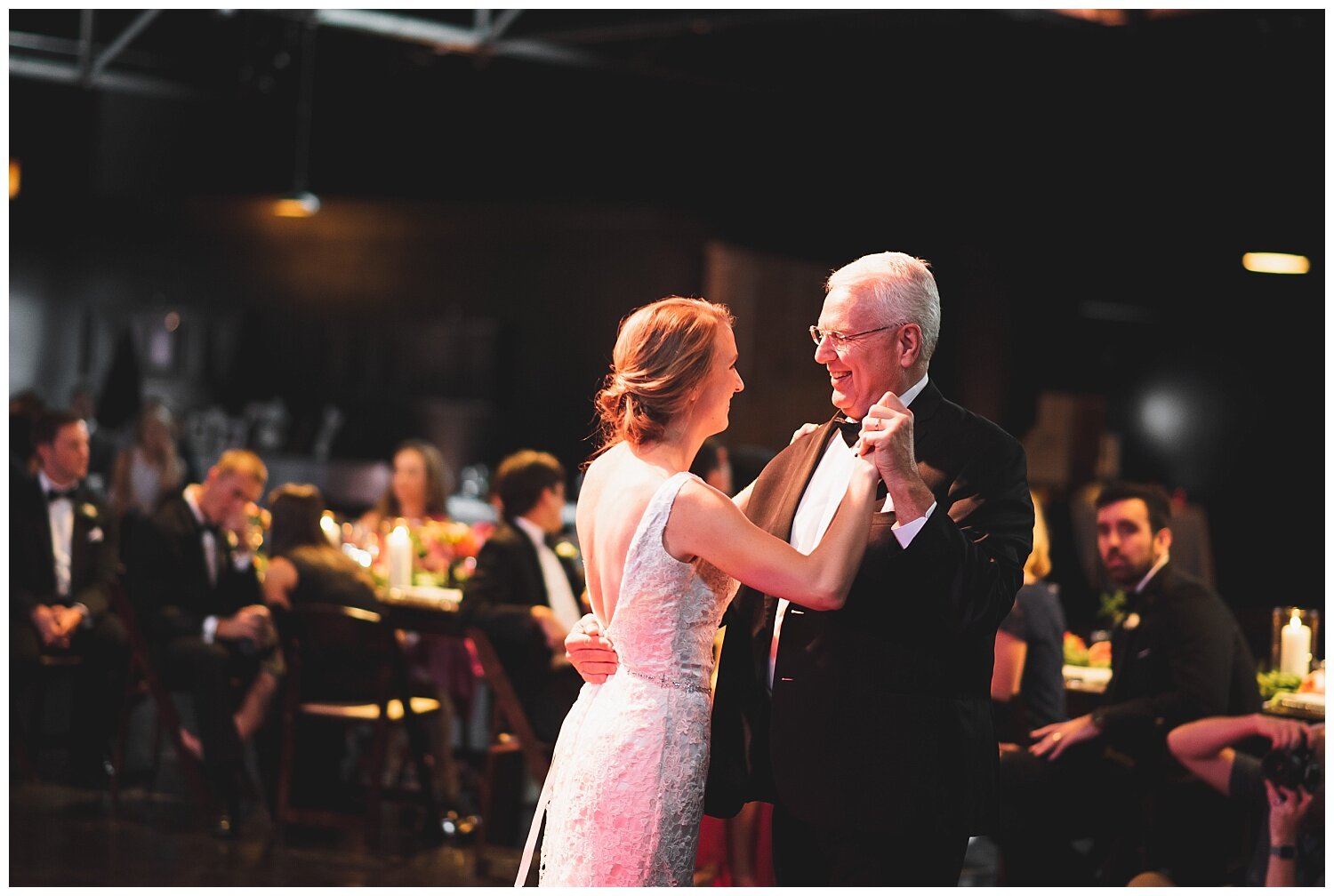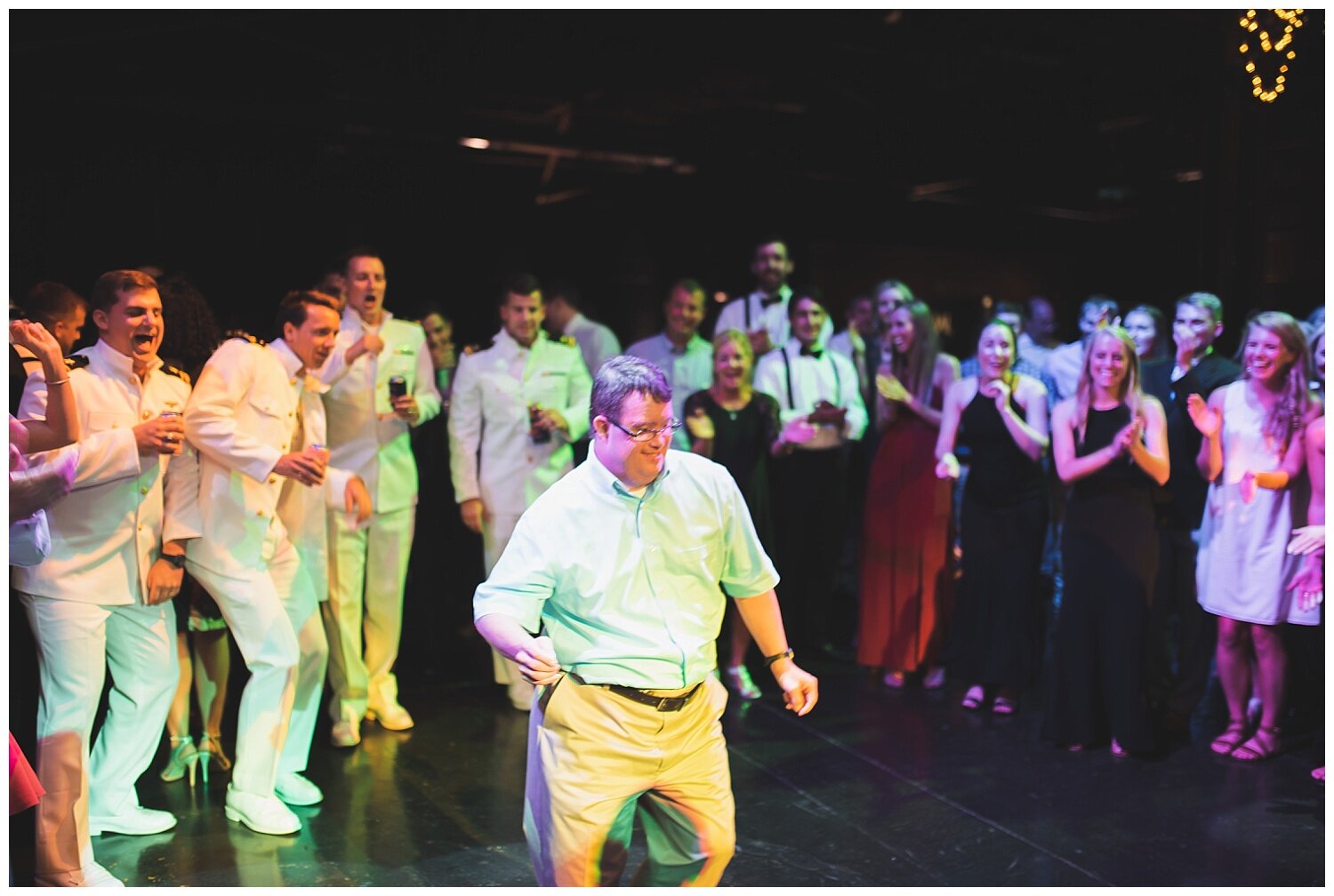Spoken Bride’s Associate Editor shares her and her husband’s journey of radical trust, healing gifts from Therese and other saints, and their Nashville destination wedding--an embodiment of community and life-giving love, planned in less than four months.
Stephanie and Geoffrey met during a college summer, spending hours together and with friends between Washington, D.C. and Annapolis, Maryland. After Geoff graduated, work transplanted him from place to place, and their relationship echoed the theme of constant change, uncertainty, and transition. Yet the Lord is eager to to pour out his gifts, with rock-solid, constant, and unchanging love.
From the Bride:
We were dating. Then we weren’t. I quit my job and moved to California. We dated again. Then we got engaged, married, moved to Japan and started a family. And now we’re here!
In between those facts from start to present, we were both diving deeper into our own hearts to understand Who am I? and Where is God calling me? We couldn’t articulate those questions then, but retrospect offers wisdom into where we’ve been and how far we’ve come.
I am a cradle Catholic. I grew up aware of right versus wrong, especially in regards to intimacy with a romantic partner. That knowledge came with a lot of fear. For most of my life, I made decisions to avoid punishment rather than in pursuit of love. Logic and reason kept me safe from emotion.
Dating Geoff tapped into a new area of my heart; all of a sudden, something rustled the desires and passions which had been suppressed for so long.
Without a real prayer life to know myself and discern all the confusing and overwhelming movements of my heart, I broke up with Geoff. I feared that maybe I was being called to religious life. I heard a lot of voices in my head, had a lot of feelings in my heart and had no idea what was right.
After we broke up, I was lost until St. Therese came to the rescue. Through a monthly novena and spiritual reading, my heart softened. It was a whirlwind season and I grew a lot. Commitment to Adoration, daily Mass, and continued novenas yielded healing and peace.
I learned to trust the pure, passionate desires of my heart because God placed them there! I discerned that my love for Geoff, though immature in its origin, was rooted in purity and goodness.
I was finally consoled when my will aligned with God’s and I took steps to pursue a relationship with Geoff again.
In the depth of his own sorrow and heartbreak, Geoff also leaned on God in new ways. Eventually, through a number of factors that are still mysterious to me, he discerned his desire to enter the Catholic Church.
I reached back out to Geoff and told him I was prepared to move wherever the Navy was taking him next. He was (rightfully) cautious, but eventually we both packed our bags for California.
Our second start was awkward and slow; our friendship picked up where it left off but our dating life was more vulnerable and thoughtful than before. Surrounded again by a strong community of friends, our hearts were thriving and it was time to talk about marriage.
Once our relationship was solid, talk of marriage was expedited by the military’s timeline--a move to Japan was in our near future. Geoff was clear he would not propose until after he entered the Catholic Church. I was restless, but desired to trust both Geoff and God’s timing.
In less than 4 months, we planned a wedding, got married, and moved. Fortunately, my sister has an extensive background as a luxury event planner in Tennessee. Since she had the expertise and our family and friends were spread around the country, we planned a destination wedding in Nashville.
Two weeks after Geoff proposed, we were civilly married to process military paperwork for our international move (we didn’t live as a married couple until after our subsequent Church wedding). Later that day, ironically, I bought my wedding dress. The thought of wedding dress shopping was not exciting to me; it was dramatically overwhelming.
My roommate surprised me with an appointment at a local bridal shop. I tried on a handful of dresses available to take away that day and found one that felt simple yet special. The low-key dress-shopping process was a perfect fit for me.
I wasn’t the girl who dreamt about her wedding. Together, Geoff and I decided “classy backyard barbecue” encompassed our ideal aesthetic and environment: beautiful yet comfortable, reverent yet approachable. The bridesmaids wore black and our flowers added a beautiful pop of color.
While my sister organized wedding plans, we focused on our top priorities. Despite the short timeline, we committed to praying a 54-day Rosary Novena leading up to our wedding. Many evenings, the prayers were said with heavy eyelids, but it kept our hearts focused on surrendering our desires and offering our vows to God.
We found joy in bringing as much personalization and community into our day as possible by incorporating loved ones into different roles; we feel most alive while cultivating authentic relationships!
Friends in California helped create a Japan-themed paper crane backdrop for a photo booth at the reception. My grandmother embroidered our names and wedding date in blue that was sewn inside my wedding dress. My mother-in-law offered her mother’s vintage clutch to use throughout the day.
Our music and wedding program intended to unite our Catholic and non-Catholic guests. Included in the program was a prayer to Mary that Geoff and I wrote to offer a glimpse into our relationship with our spiritual mother. We created a Litany of the Saints to be sung during the Mass, which was probably the most profound moment for me--to be surrounded, spiritually and physically, by the communion of saints.
Countless friends and relatives shared their gifts of singing, altar serving, reading, dancing, driving, ice cream-making, hair-fixing, cooking, dress-buying and more throughout the weekend. One family friend even loaned us her all-American getaway car. We were surrounded by generosity and God-given talents!
My immediate family took initiative according to their personal strengths too. My sister’s eye for beauty and attention to detail is extraordinary. My mom created prayer cards as place settings at the reception. She and my dad had traveled to the Holy Land before our engagement, but came home with enough wine from Cana for the Eucharistic celebration during our wedding Mass. (Without knowing, Geoff and I had already selected the Miracle at Cana as our Gospel reading!) Finally, my dad and I had a very honest conversation about our wedding budget, which he had been preparing since I was a little girl.
Geoff and I share a love language of quality time. With all but two guests traveling from out-of-town, we made an effort to spend time with everyone. Both our families rented houses in Nashville, which allowed our extended families and bridal parties to enjoy meals, late-night chats, and morning coffee together.
After our wedding rehearsal, thoughtful toasts, and delicious dinner, we opened the restaurant patio for a “meet-and-greet happy hour” for all the wedding guests to visit; this was one of the greatest parts of our weekend.
By the ceremony, it felt like the guests from near and far already knew each other! It wasn’t just a crowd gathered to watch us get married, but a family united in love and authentic relationships.
In lieu of a First Look, Geoff and I started our wedding day with a coffee date. We were able to sit in the quiet of the morning, before the sun was up, to prepare for the day together.
We spent additional quality time with the bridal party between the wedding and reception at a bowling alley. We wore our fancy clothes, the photographers followed along, and we played together before being engulfed in the crowd again.
God showed up in big and small ways on our wedding day. He offered tangible waves of mercy, healing, joy and grace for everyone present, while simultaneously whispering intimate praises, just for me and Geoff.
For example, my absolute favorite thing in nature is clouds. When we saw the Church of the Assumption for the first time to go to confession the week of our wedding, I was awestruck by the relief behind the altar: an image of Mary being assumed into heaven against a backdrop of perfect clouds. In addition, when Geoff became Catholic months prior, he chose Bl. Pier Giorgio Frassati as his Confirmation name. On that same day, Geoff noticed the only prayer card of a holy person in the church’s entryway was for Bl. Frassati.
During the time I was discerning my vocation and spending countless hours in an Adoration chapel back in Washington, DC, I was surrounded by several icons in the small prayer space. Each of them showed up on our wedding day: a statue of St. Therese by the church door; the infant Jesus of Prague and Divine Mercy image in the back of the church, and the pelican in piety image on the back of our priest’s chasuble (this was the most shocking as I’d only seen it once before on the altar under the tabernacle in the adoration chapel). The way God wove my experiences in Adoration into our wedding day is truly unbelievable.
To describe our wedding itself, pure, beautiful, intentional, reverent, inclusive, joyful, and wholehearted come to mind. Geoff and I have said we just showed up to our wedding day. In many ways, we did. We were constantly amazed that this was our wedding. Yet it would be foolish to deny our commitment to wedding planning--the months of individual preparation and countless acts of mercy that have allowed us to share the vocation to marriage with joy.
I have since realized in a new way how God takes our desires and magnifies them into abundant gifts and graces beyond our imagining. When the desires of our hearts align with God’s desires for our lives, there is no stopping the powerful movements of the Holy Spirit.
A lot of people did a lot of work to make our wedding what it was, but the hand of God was the ultimate source of beauty and joy throughout the entire weekend. He provided abundant means as so many people utilized their gifts to create an extraordinary experience of the sacrament which, hopefully, revealed a glimpse of his glory.
Watching countless people do their “thing” brought us joy and increased the beauty of the day. In many ways, the multiplicity of gifts foreshadowed the fruitfulness of living a sacrament to marriage.
Our relationships with God have shifted in different seasons of life; truthfully, our shared unity with God is still in an infancy stage in our married lives. Almost two years in, and we’re definitely still figuring out how to pray together, how to define our values and how to make our faith visible on our lips, in our home, and in our relationships.
I am grateful we entered the sacrament of marriage when we were both at a point of spiritual highs. It’s a constant reminder and source of encouragement for what’s possible when we unite our hearts to God’s will.




